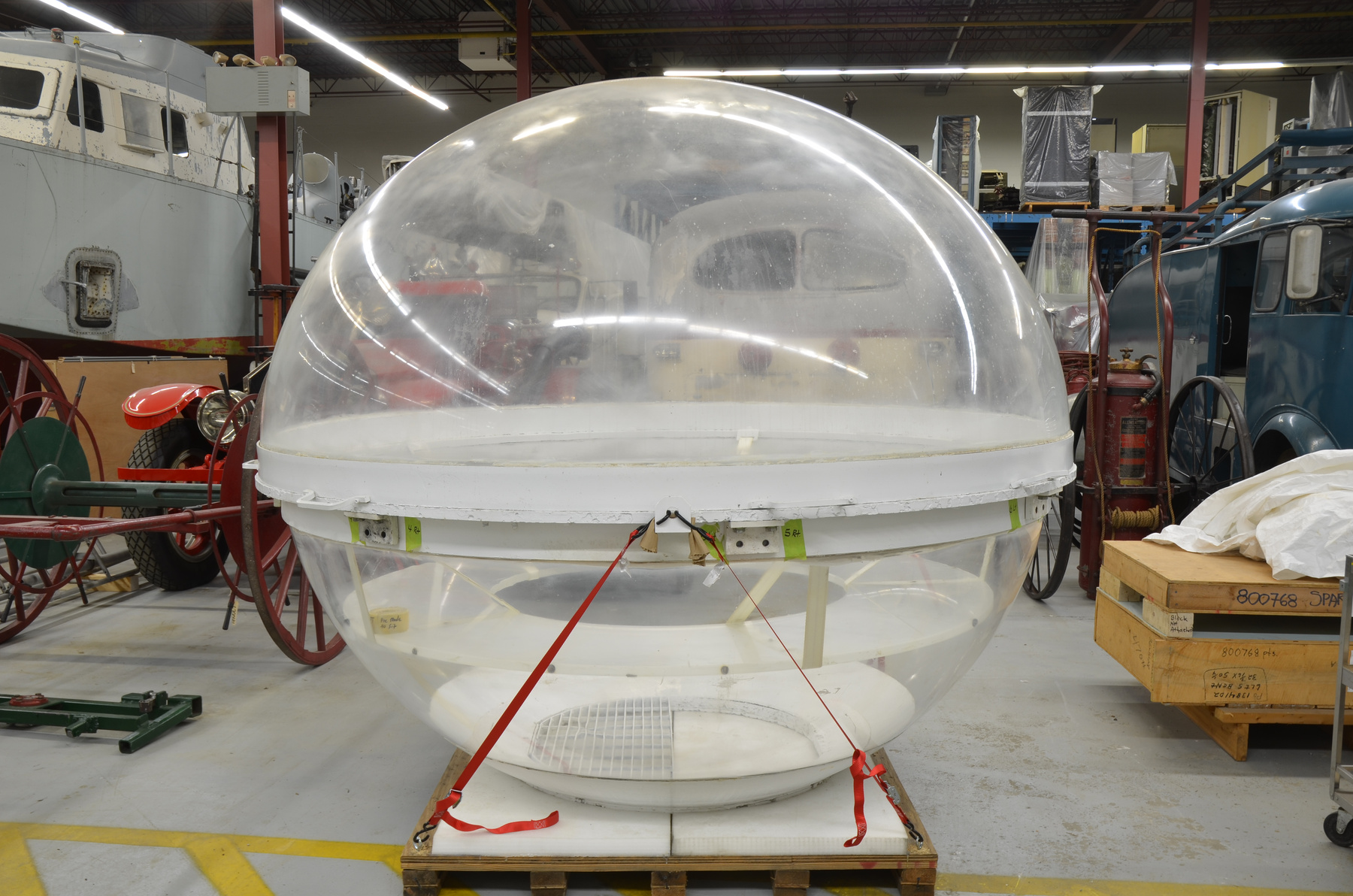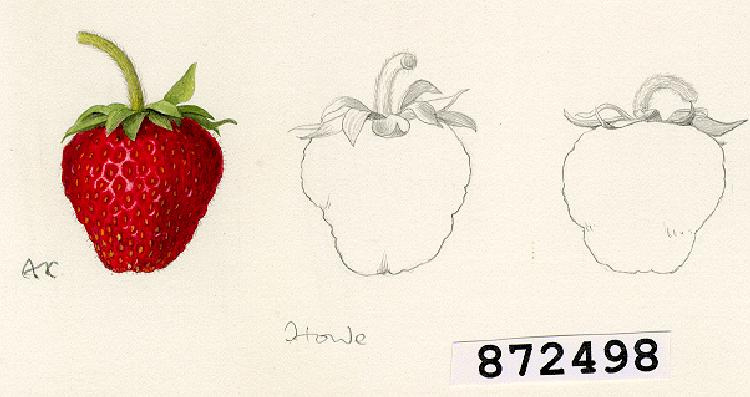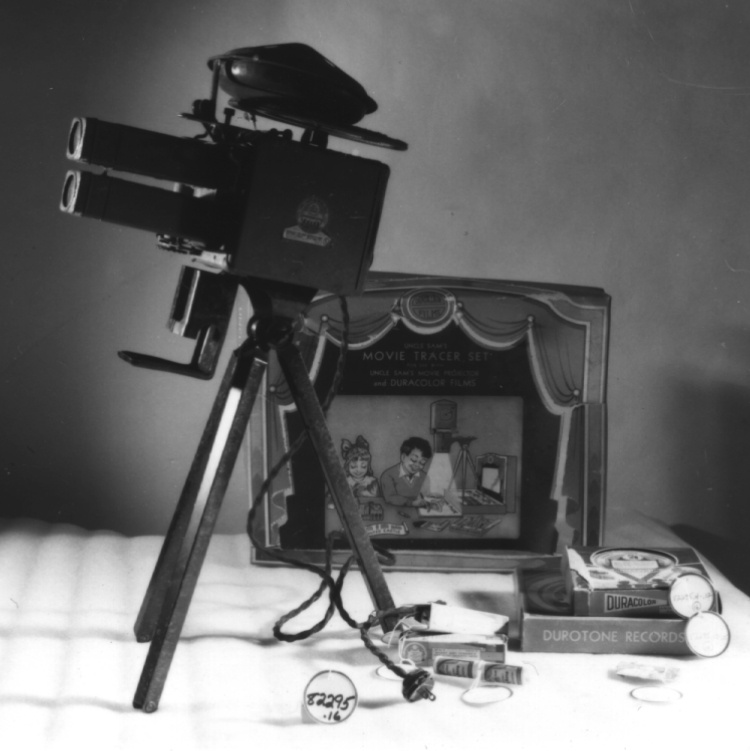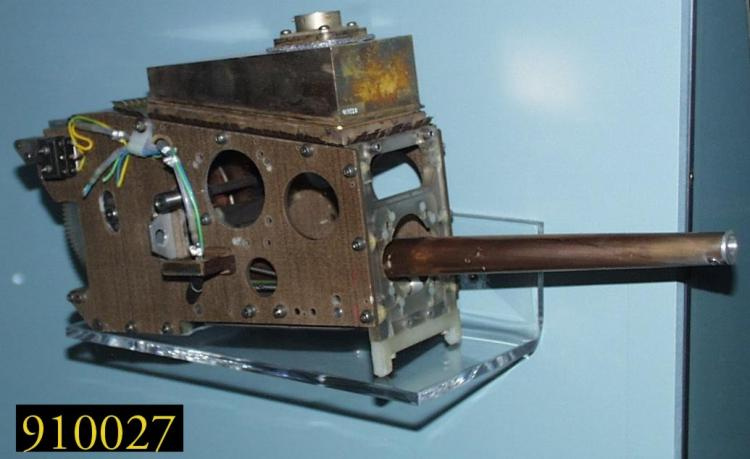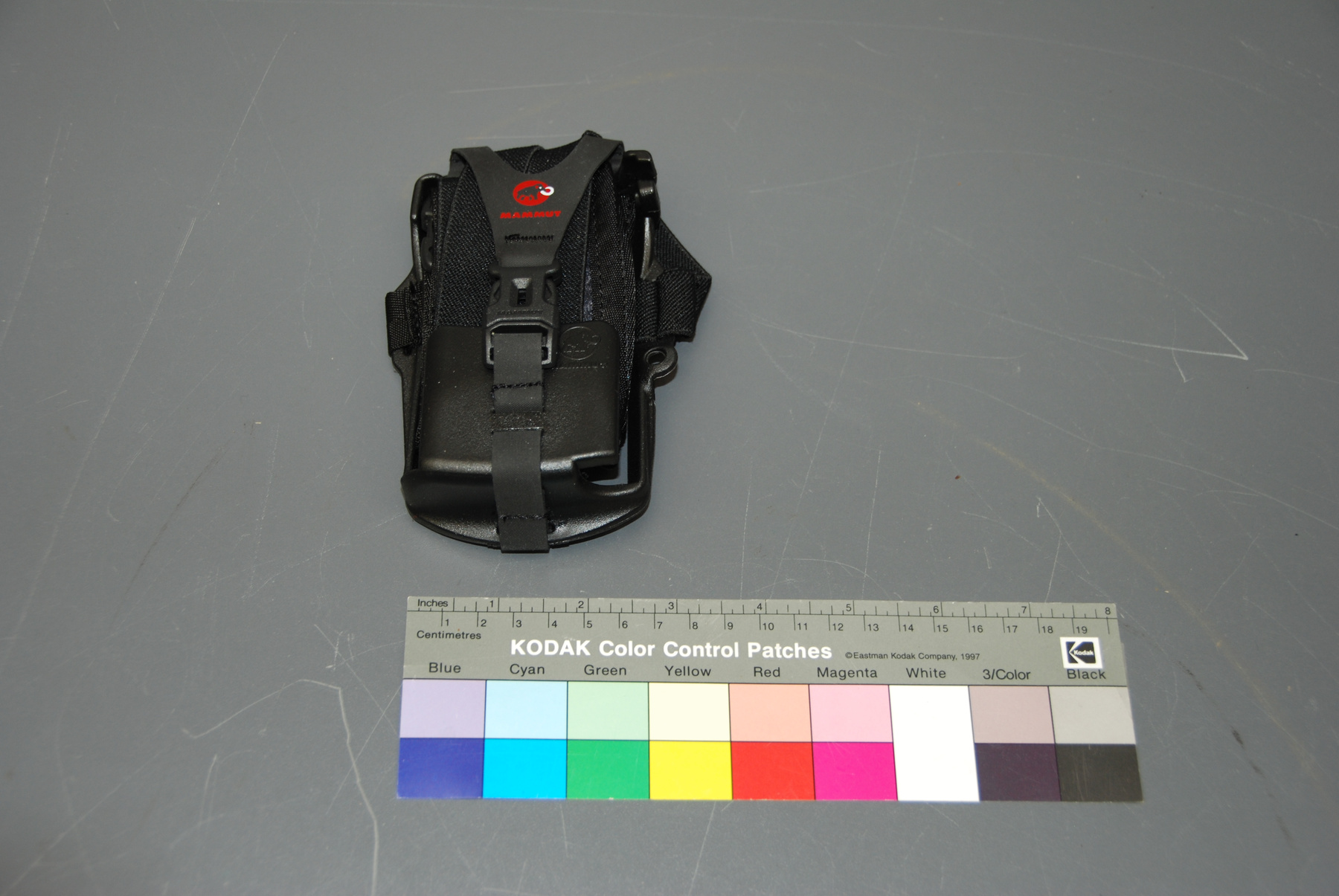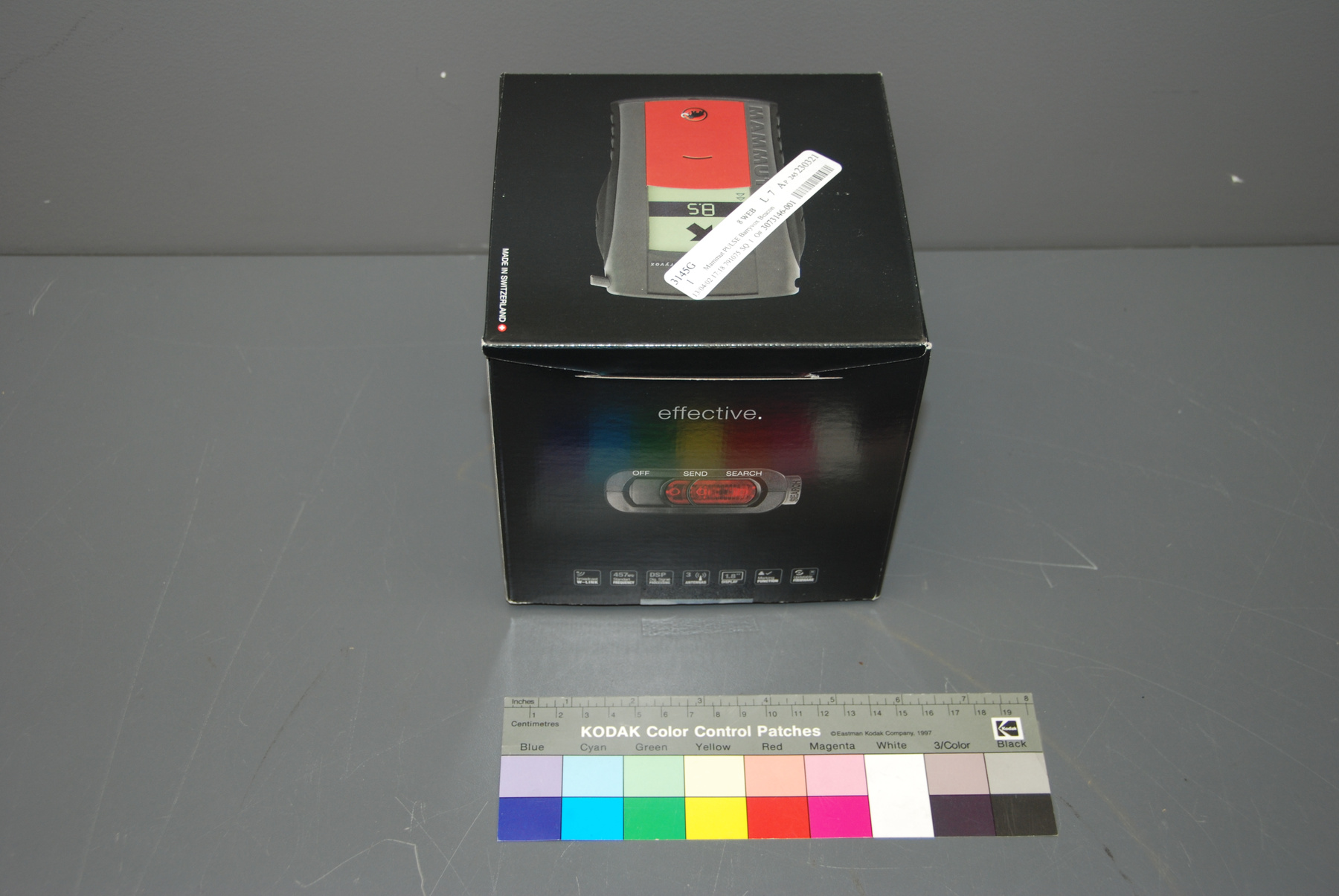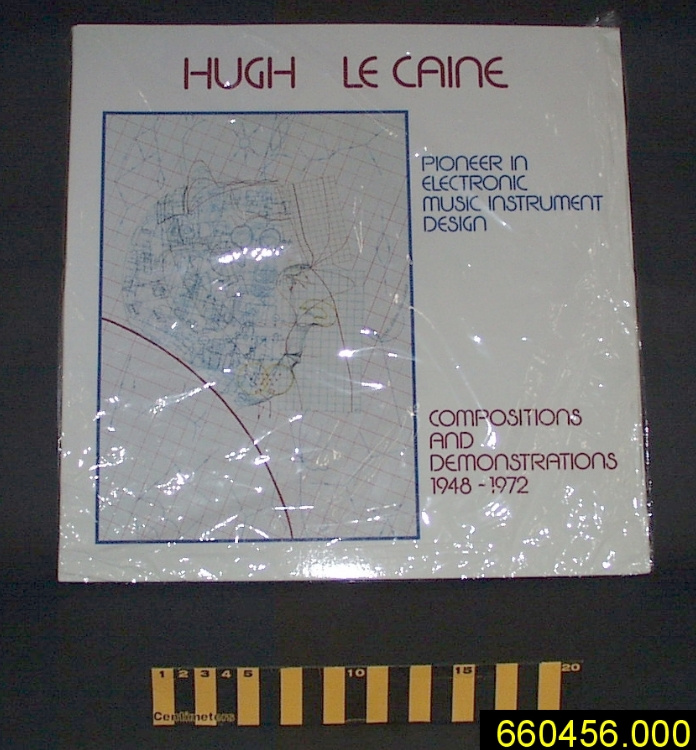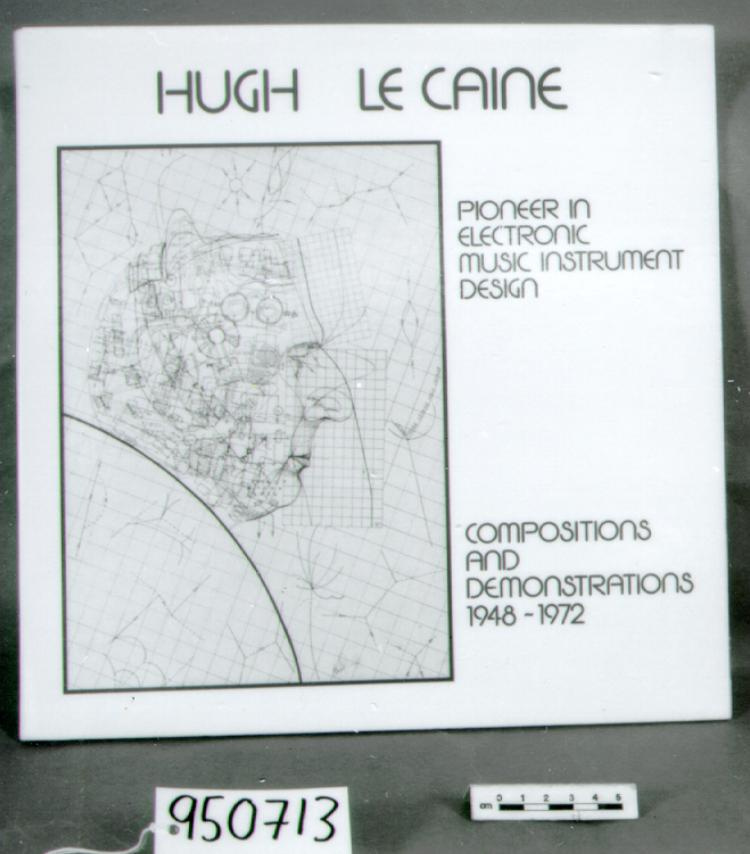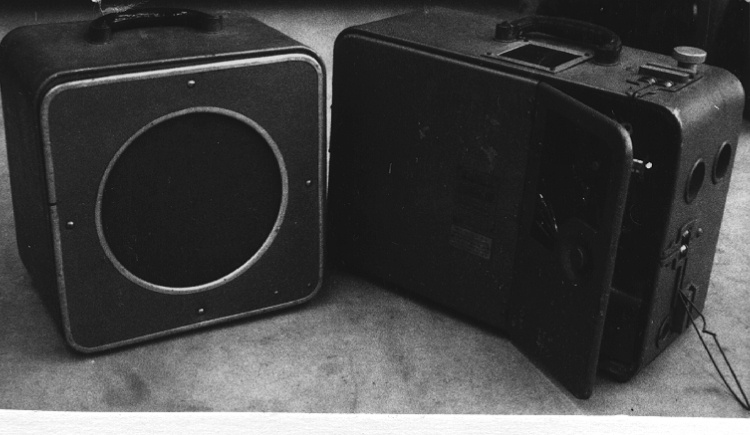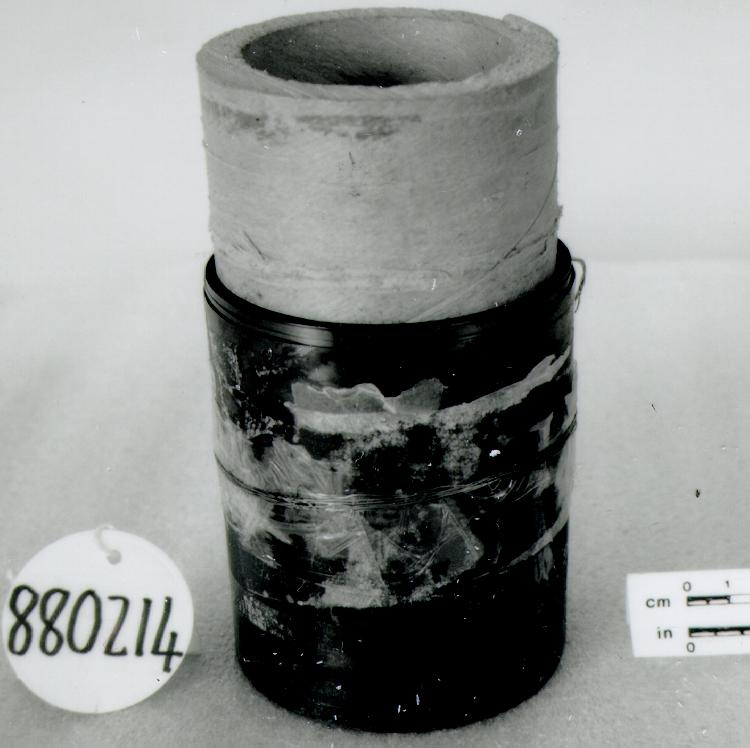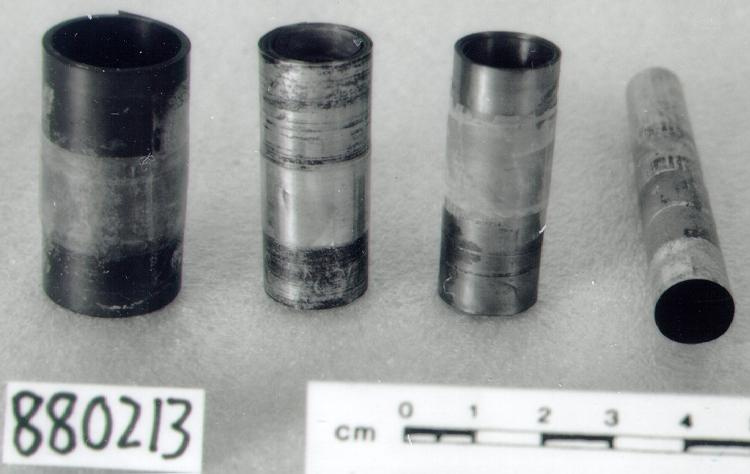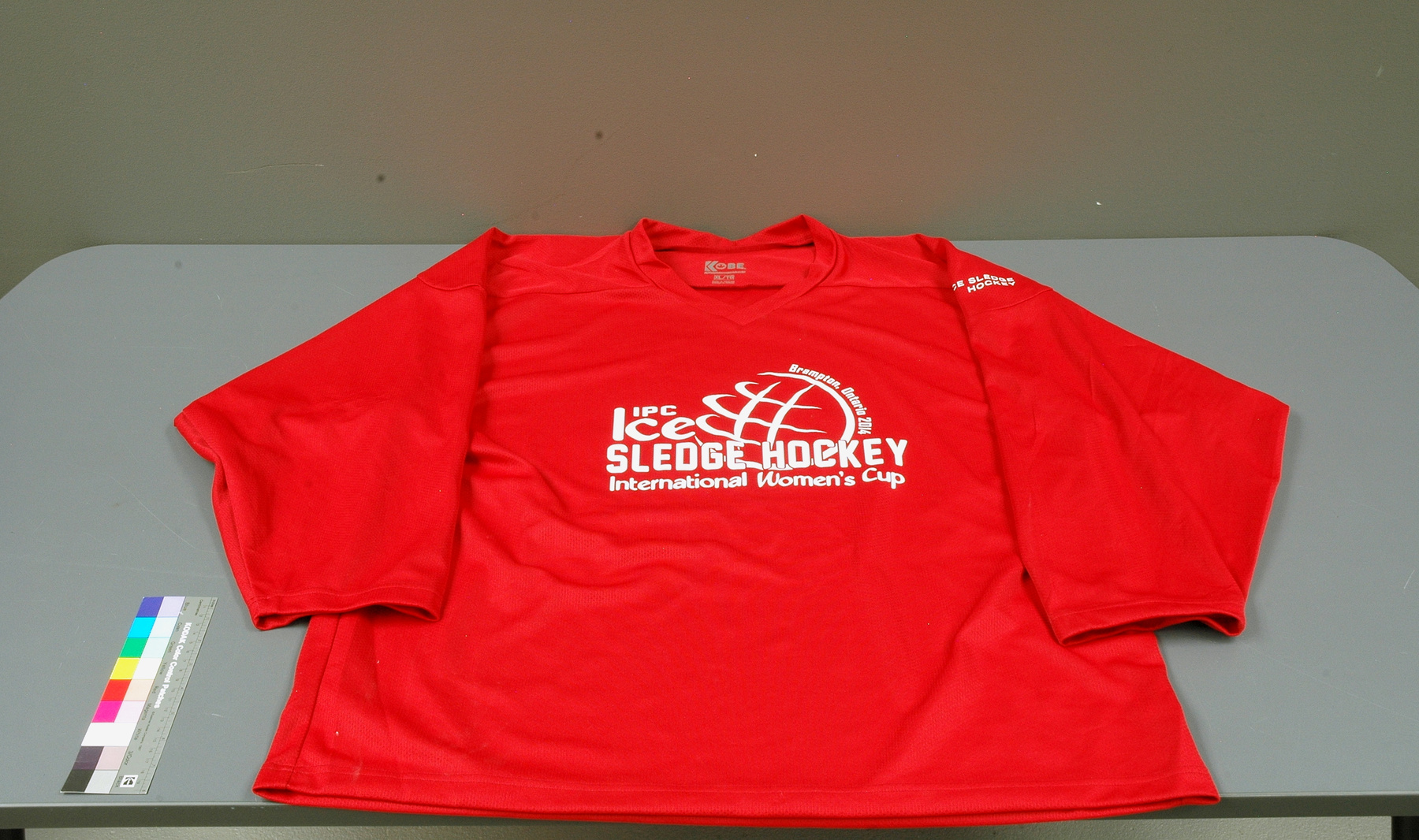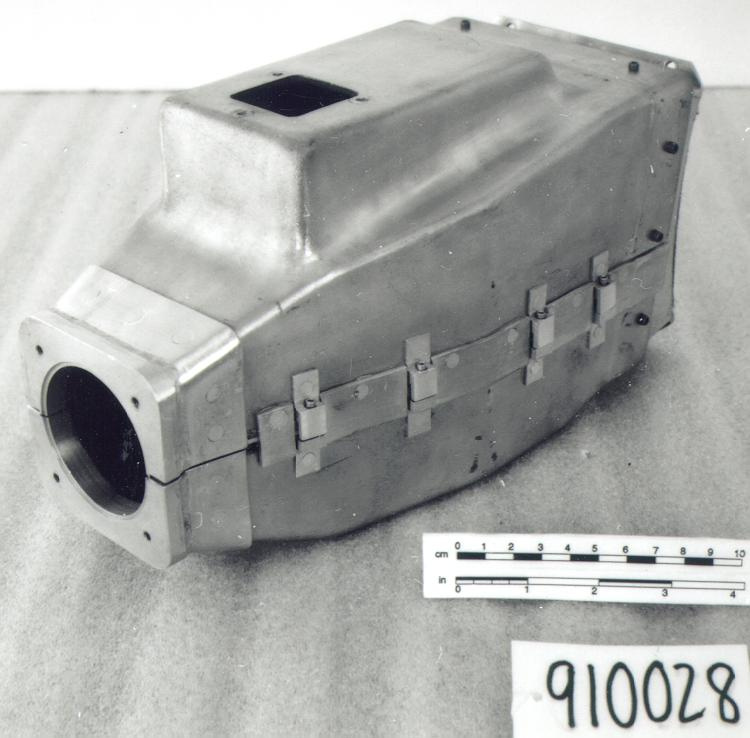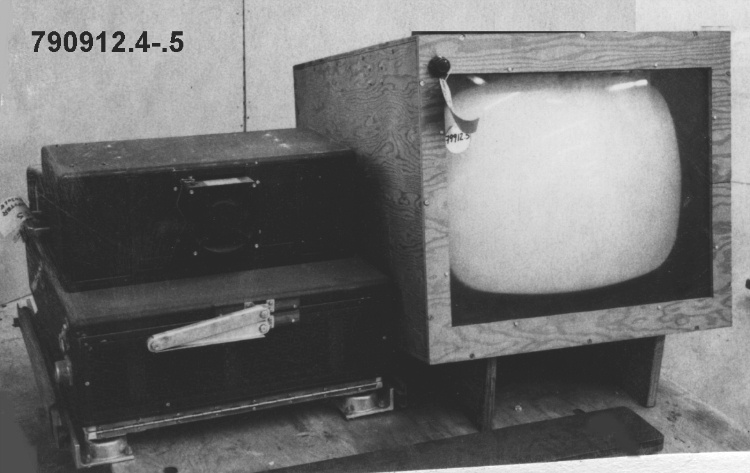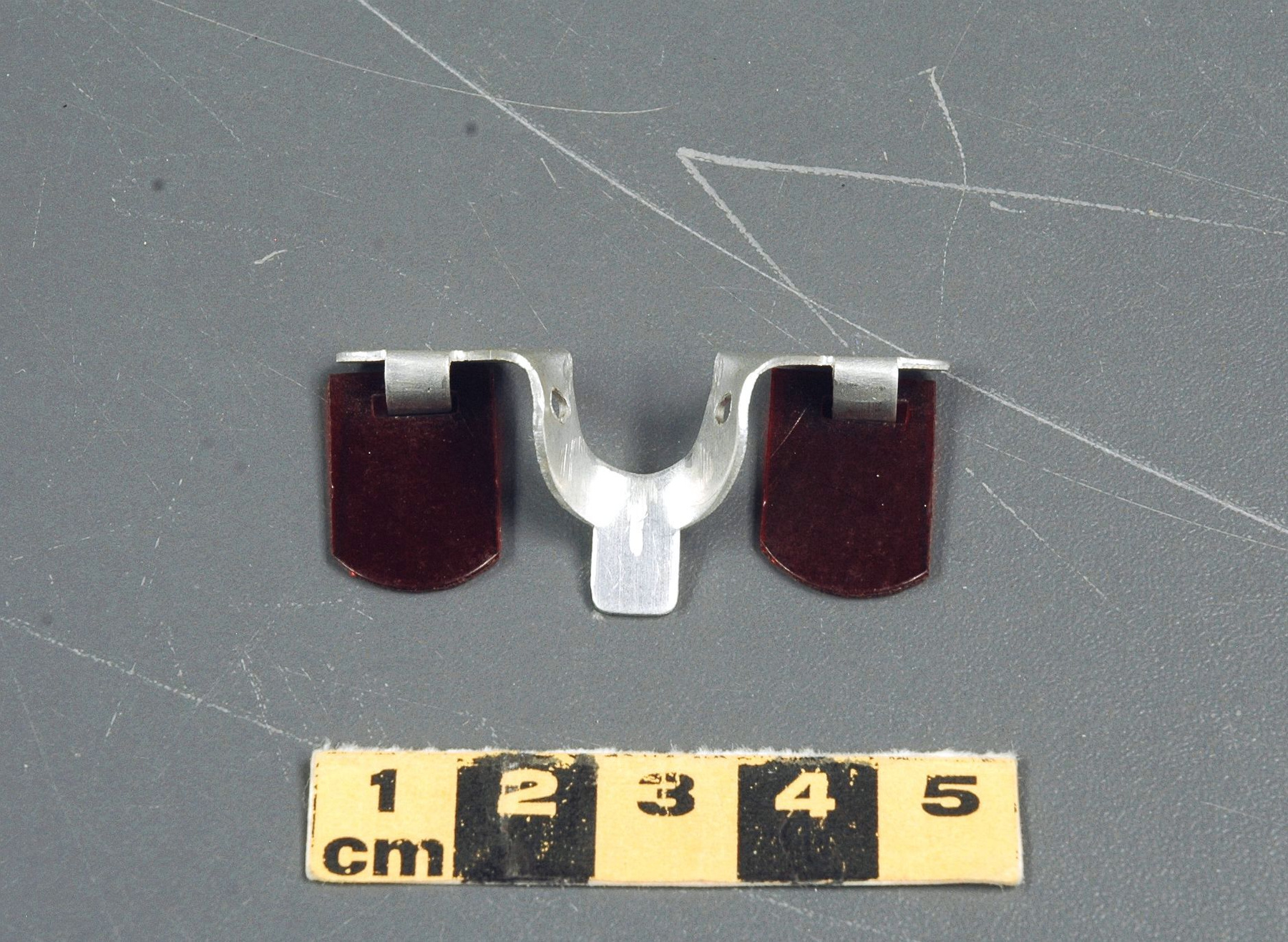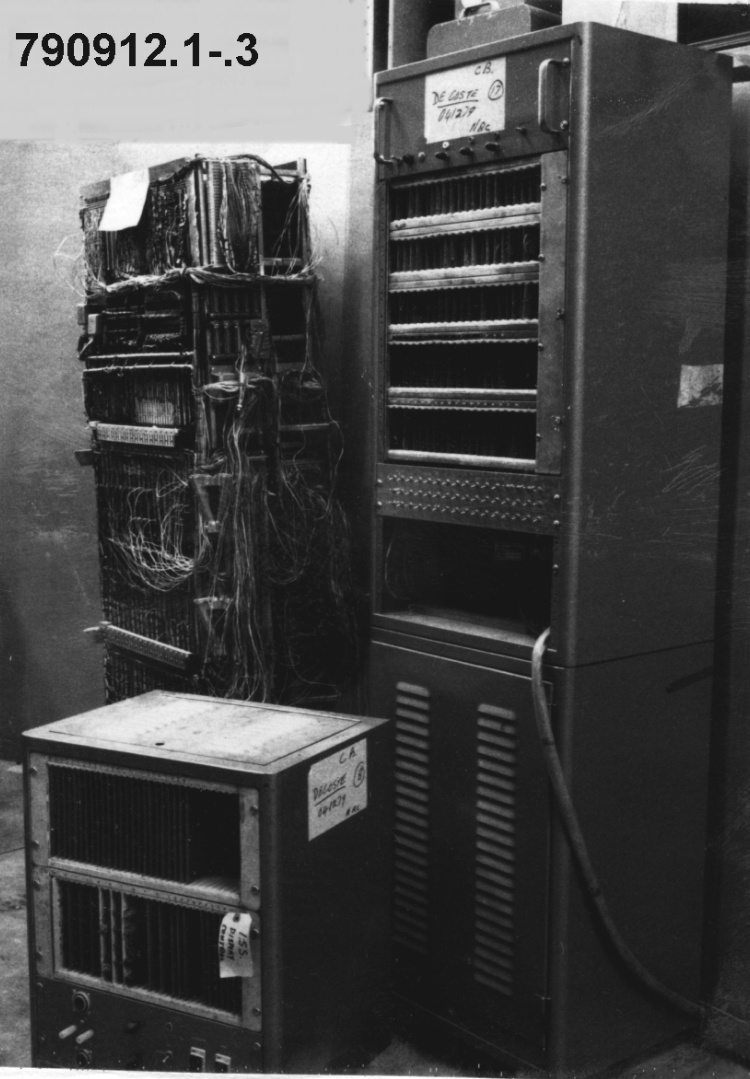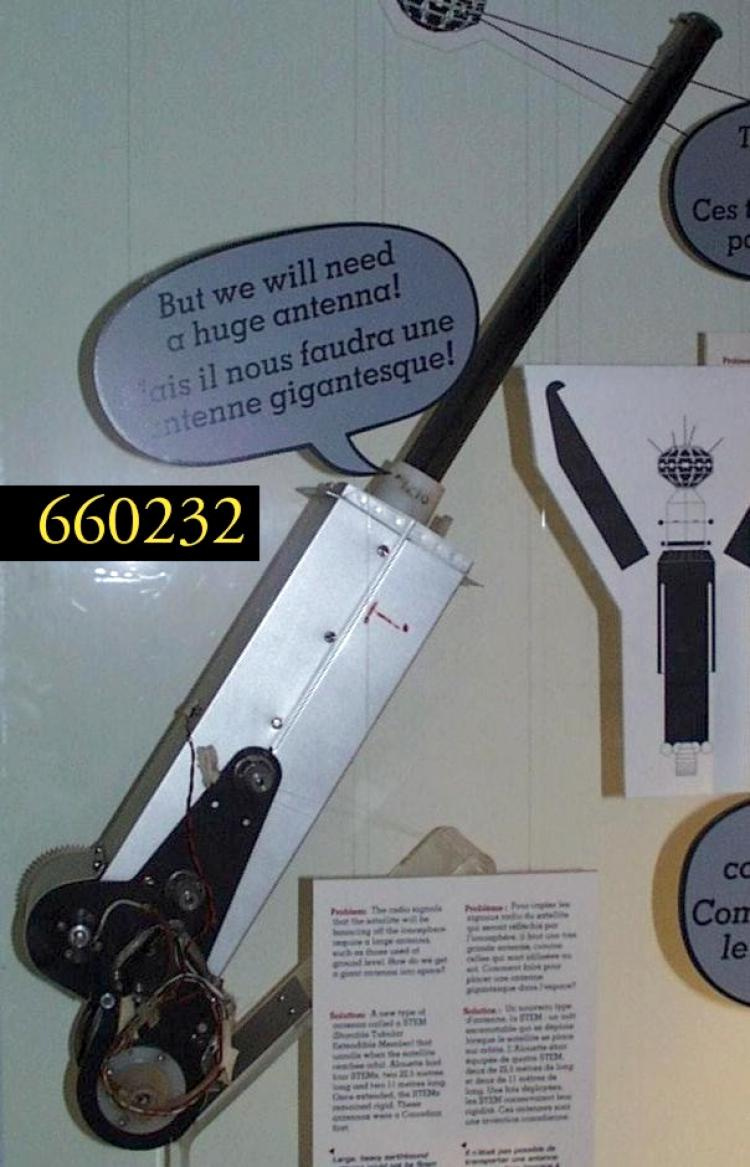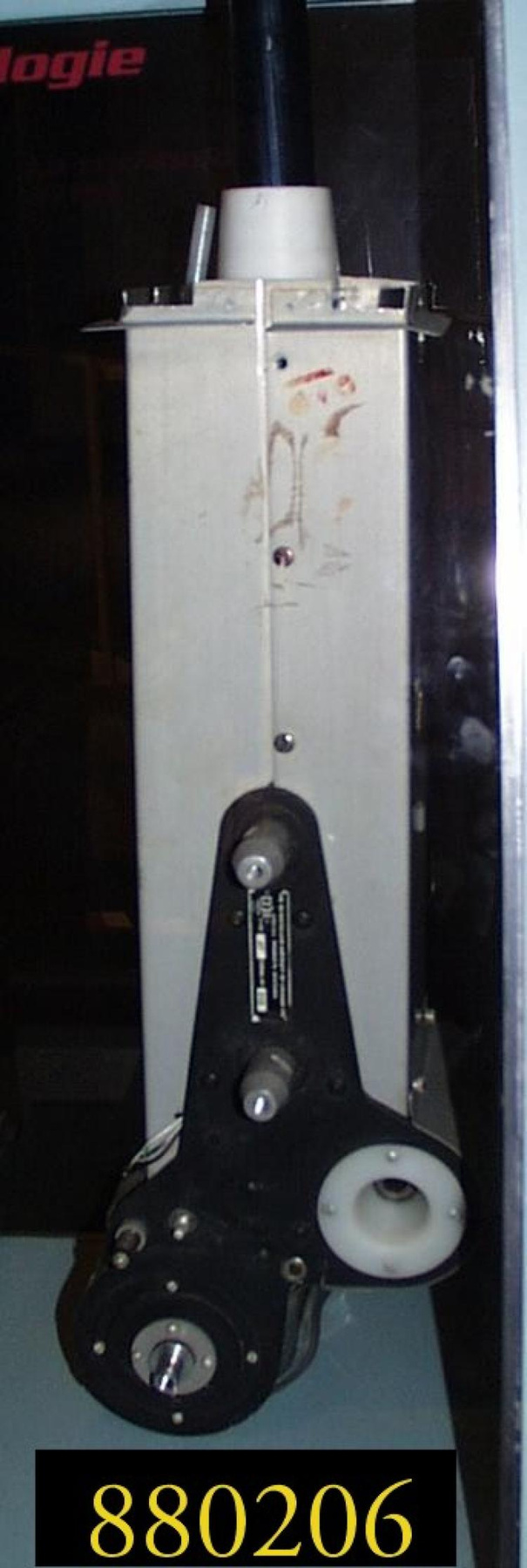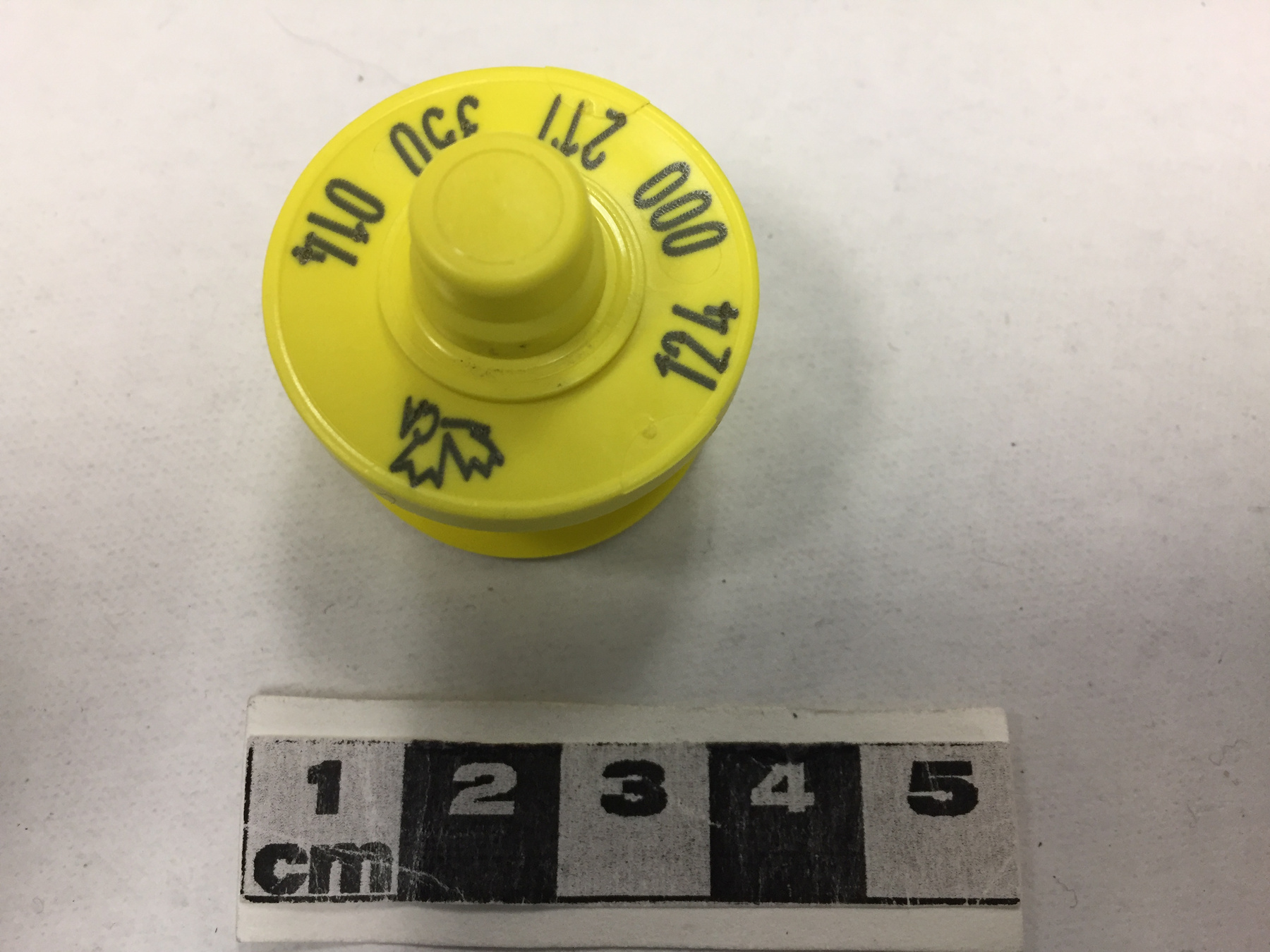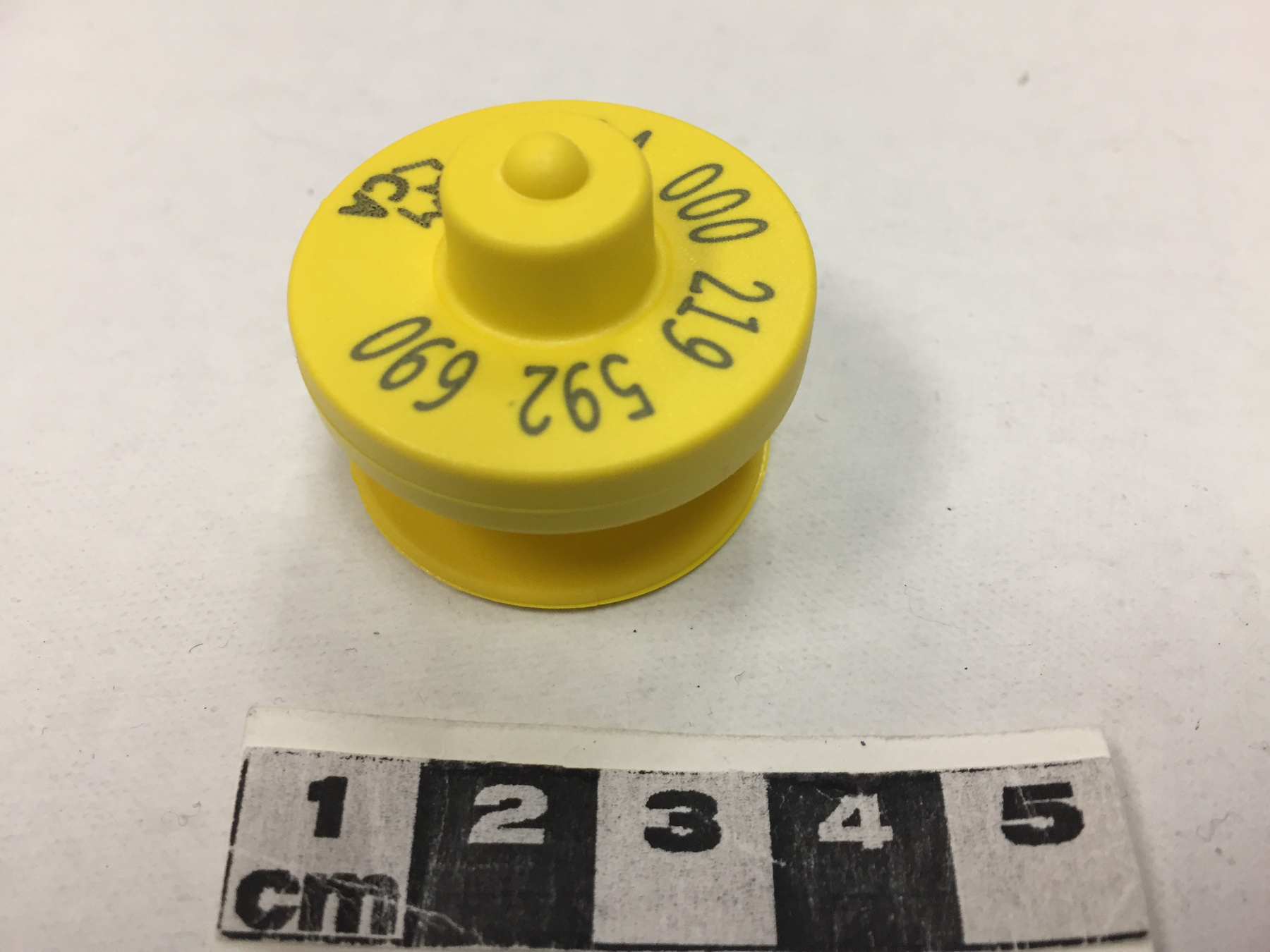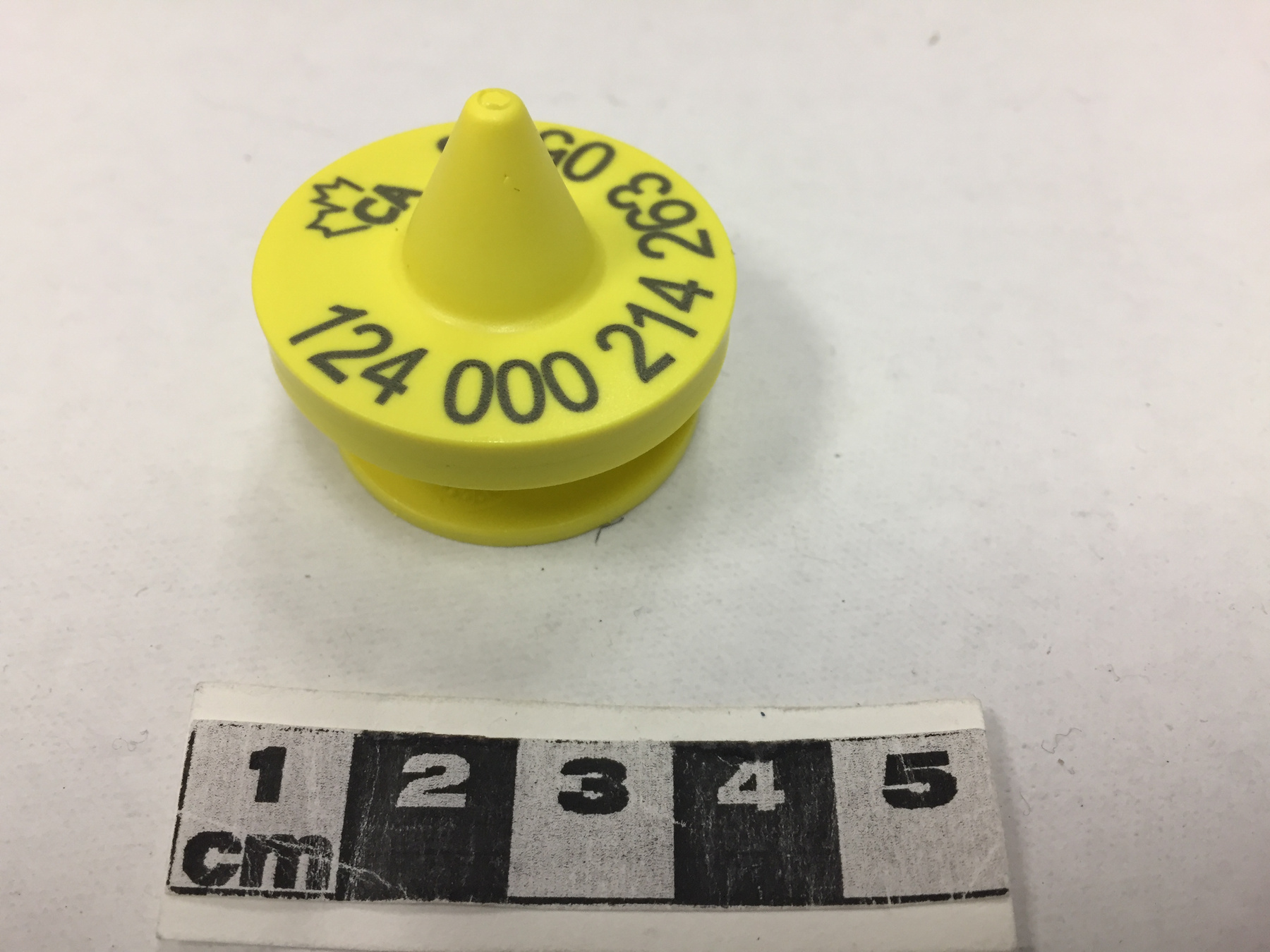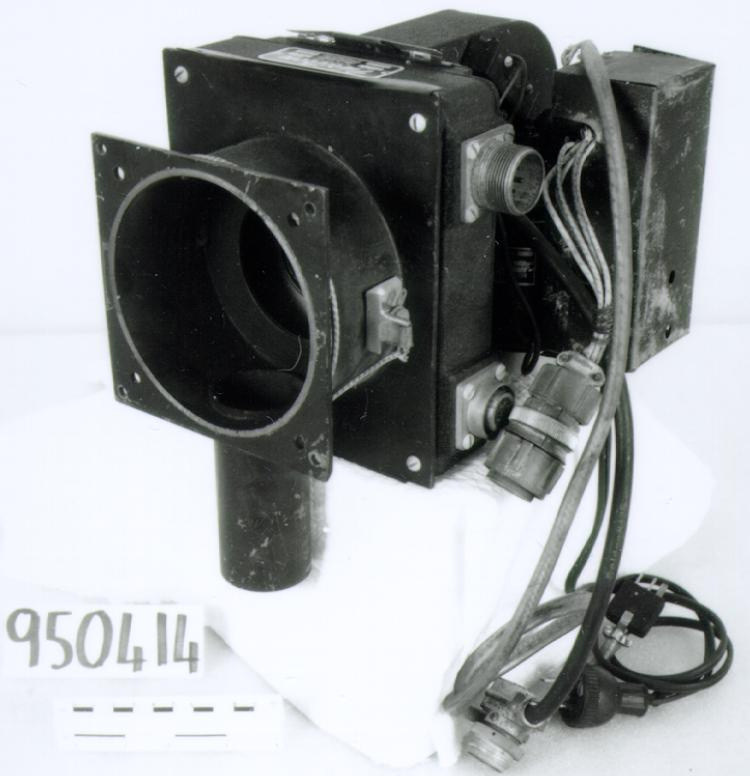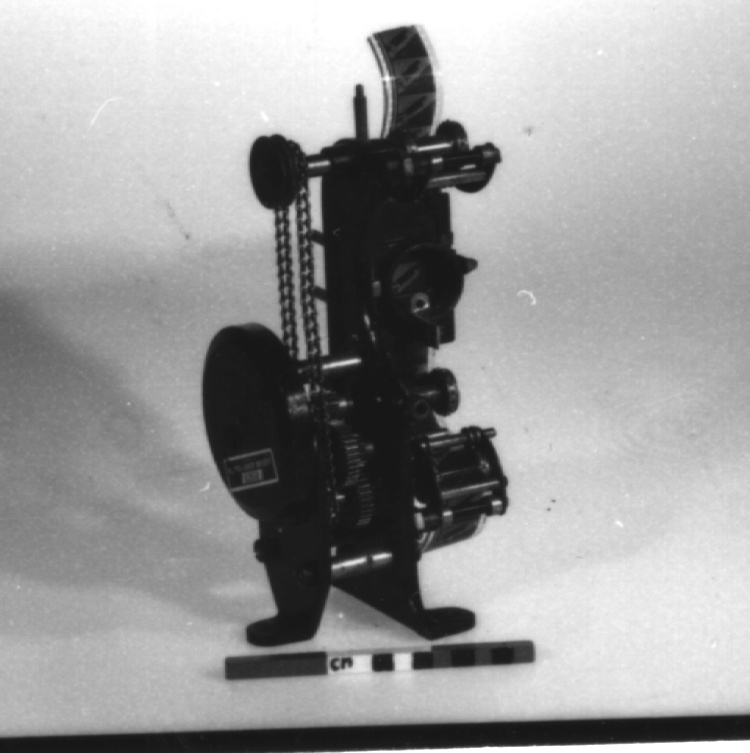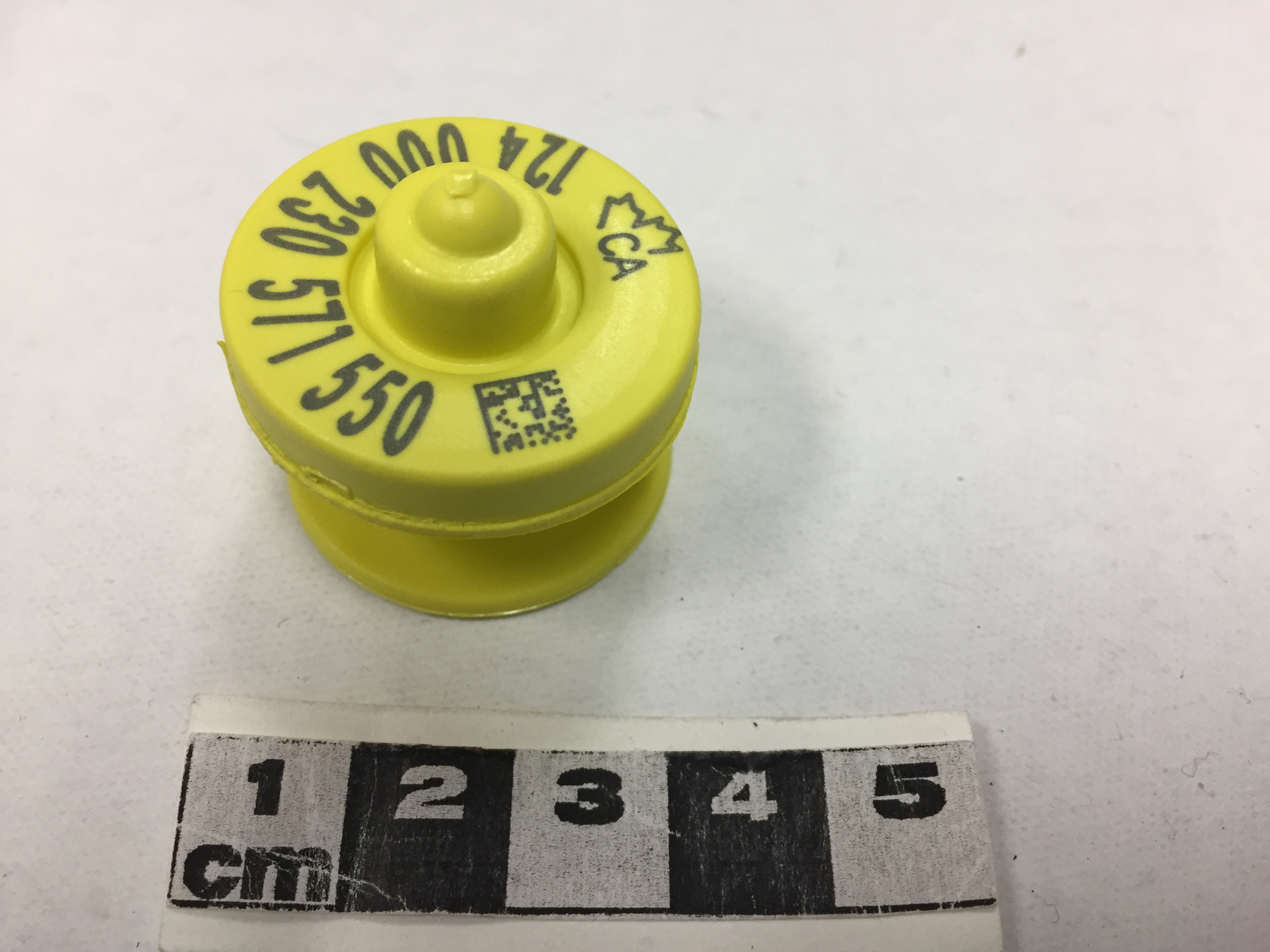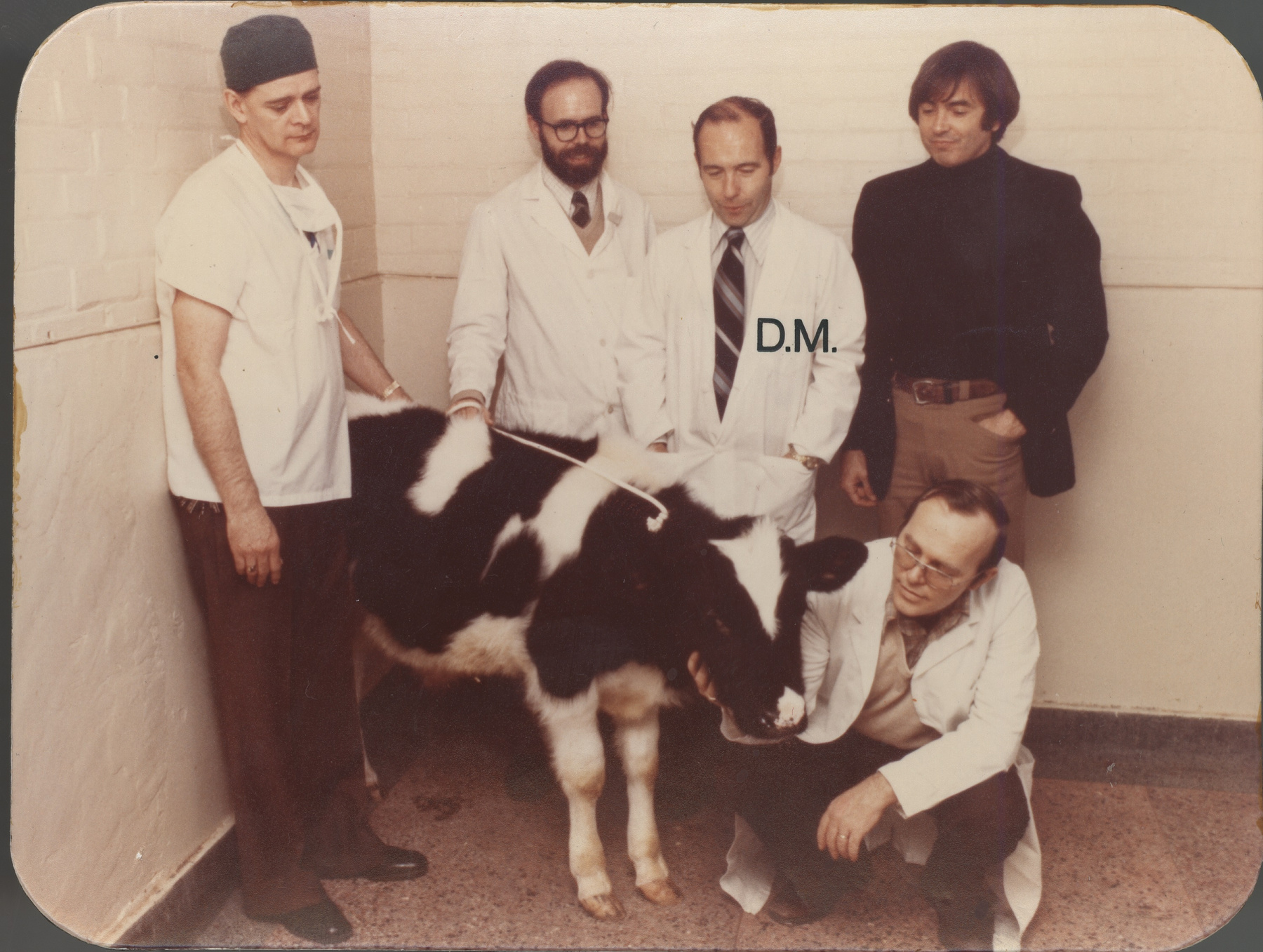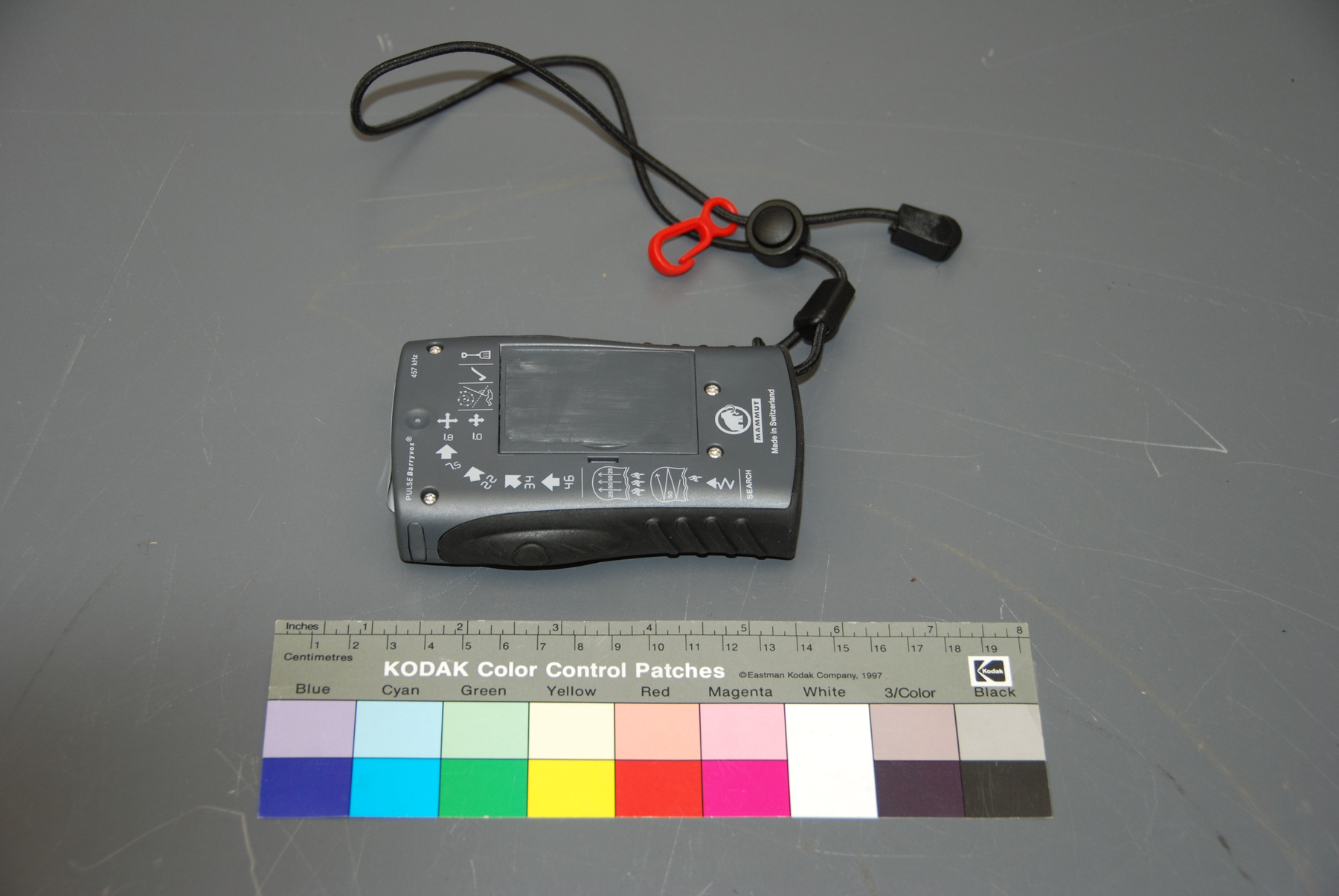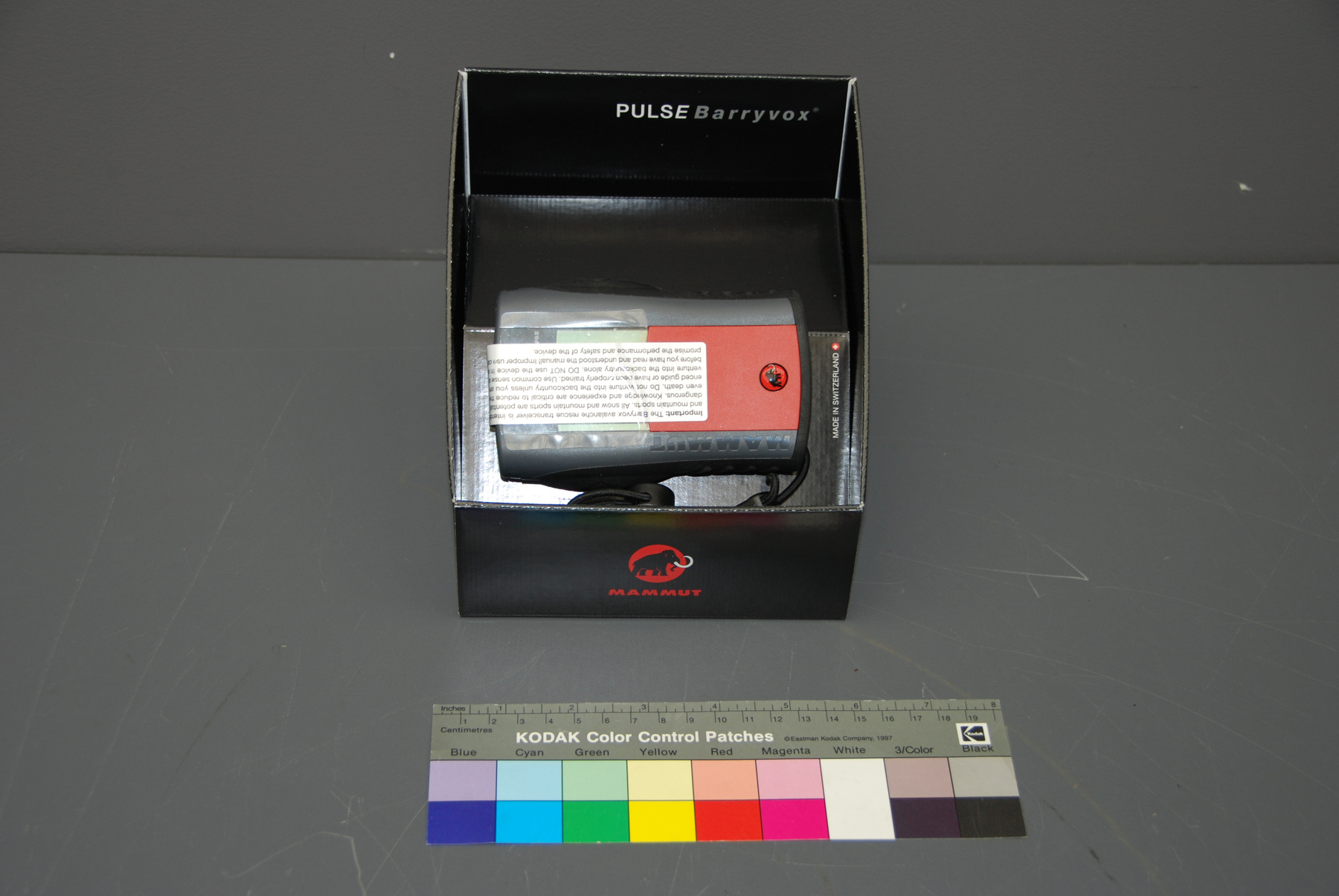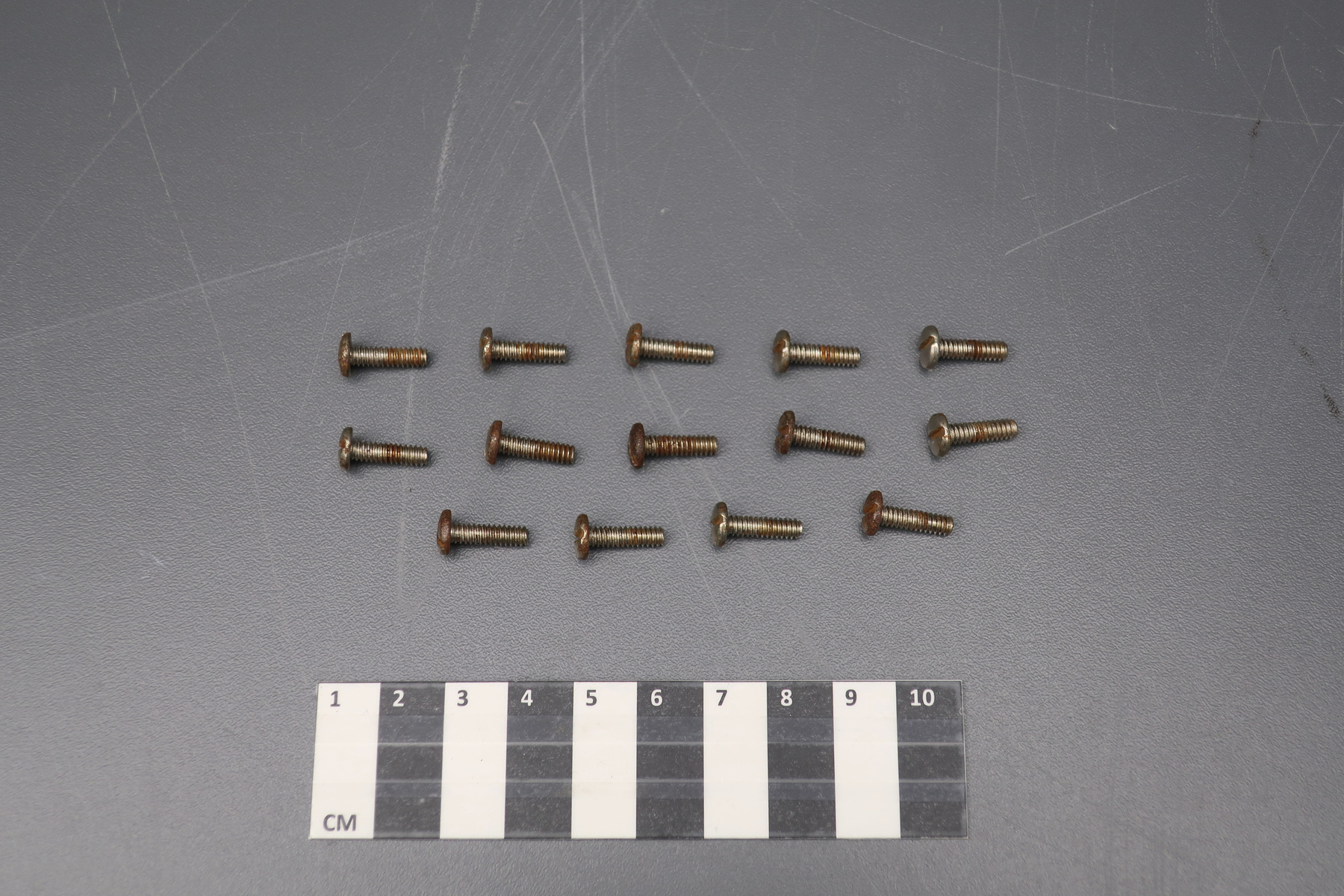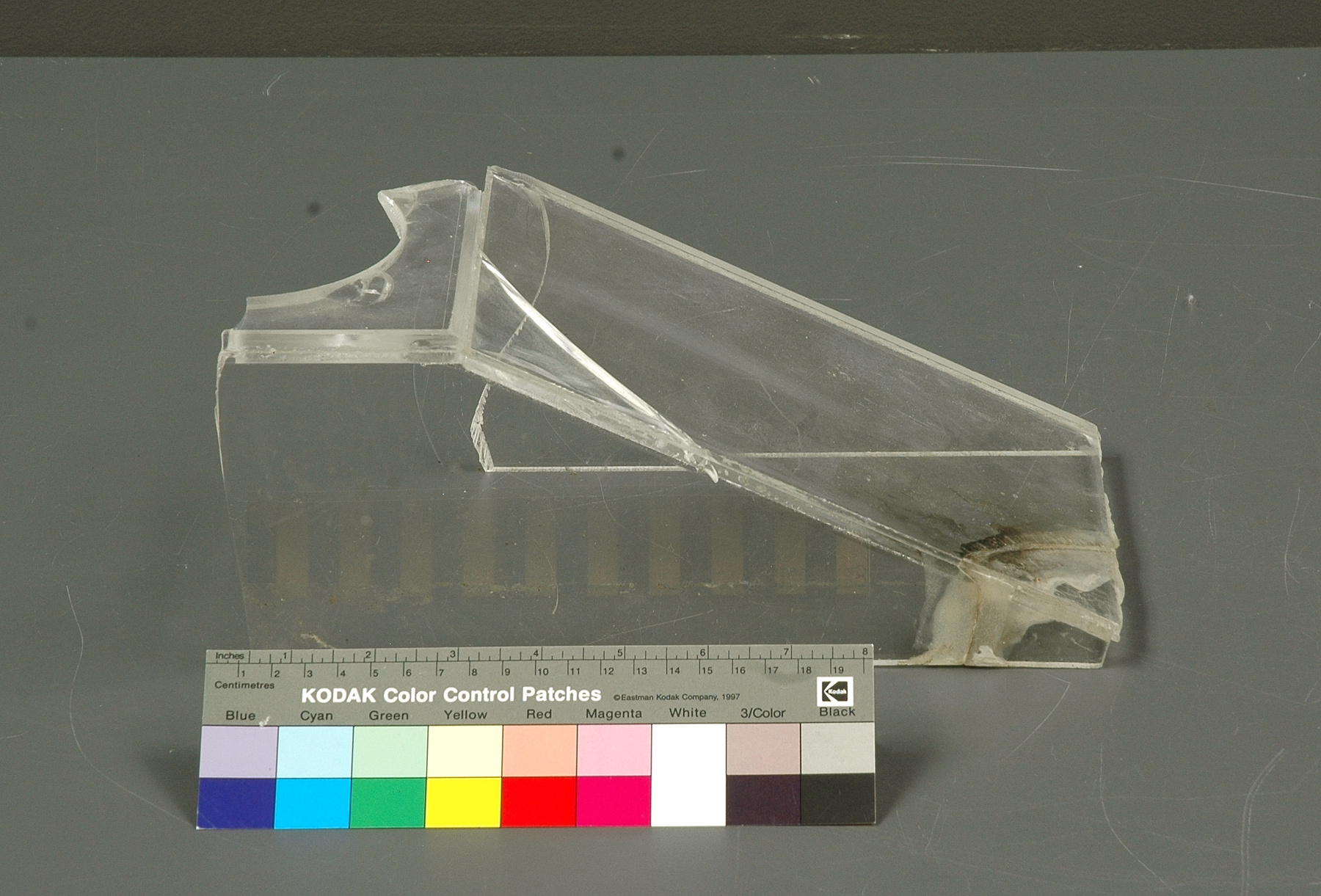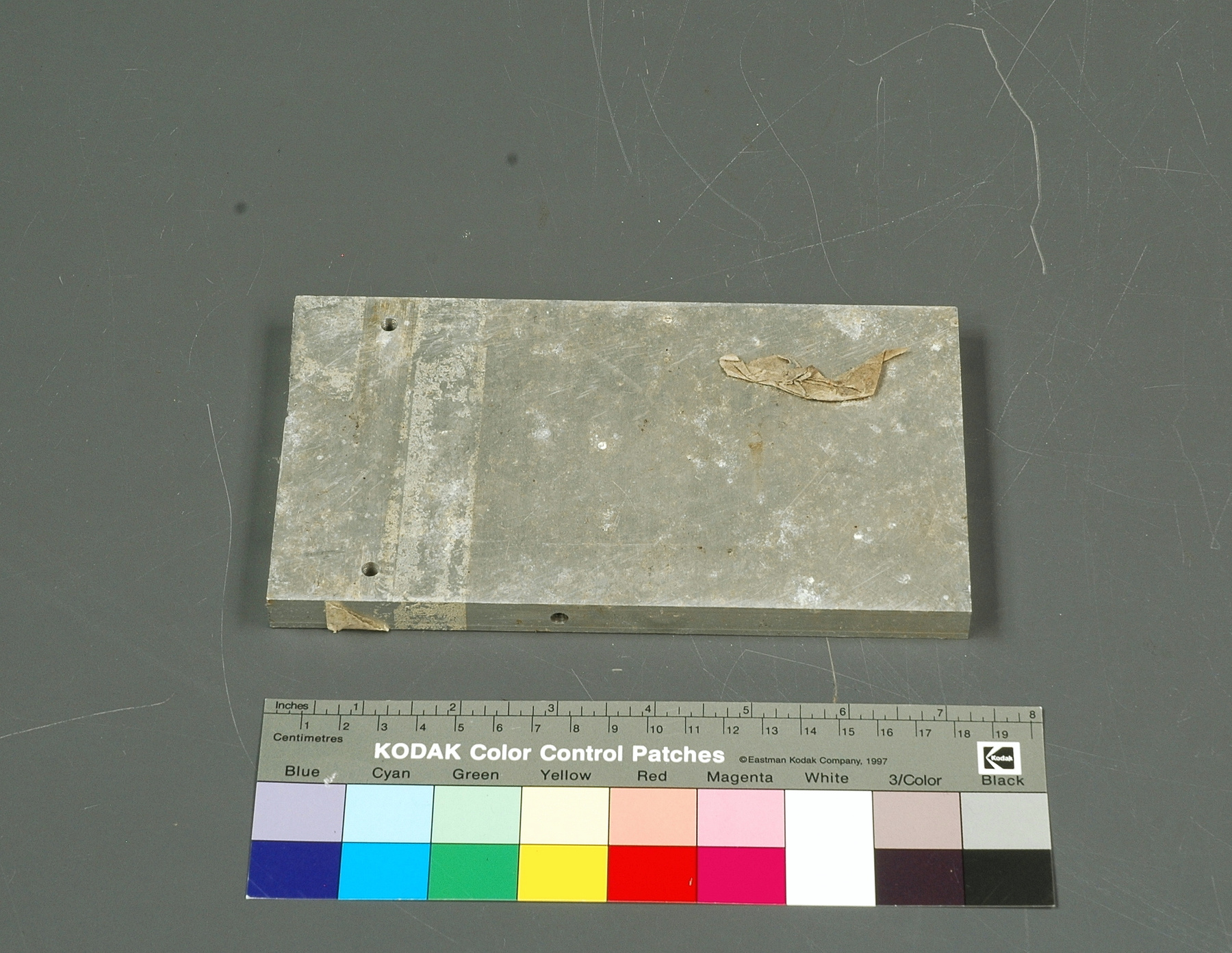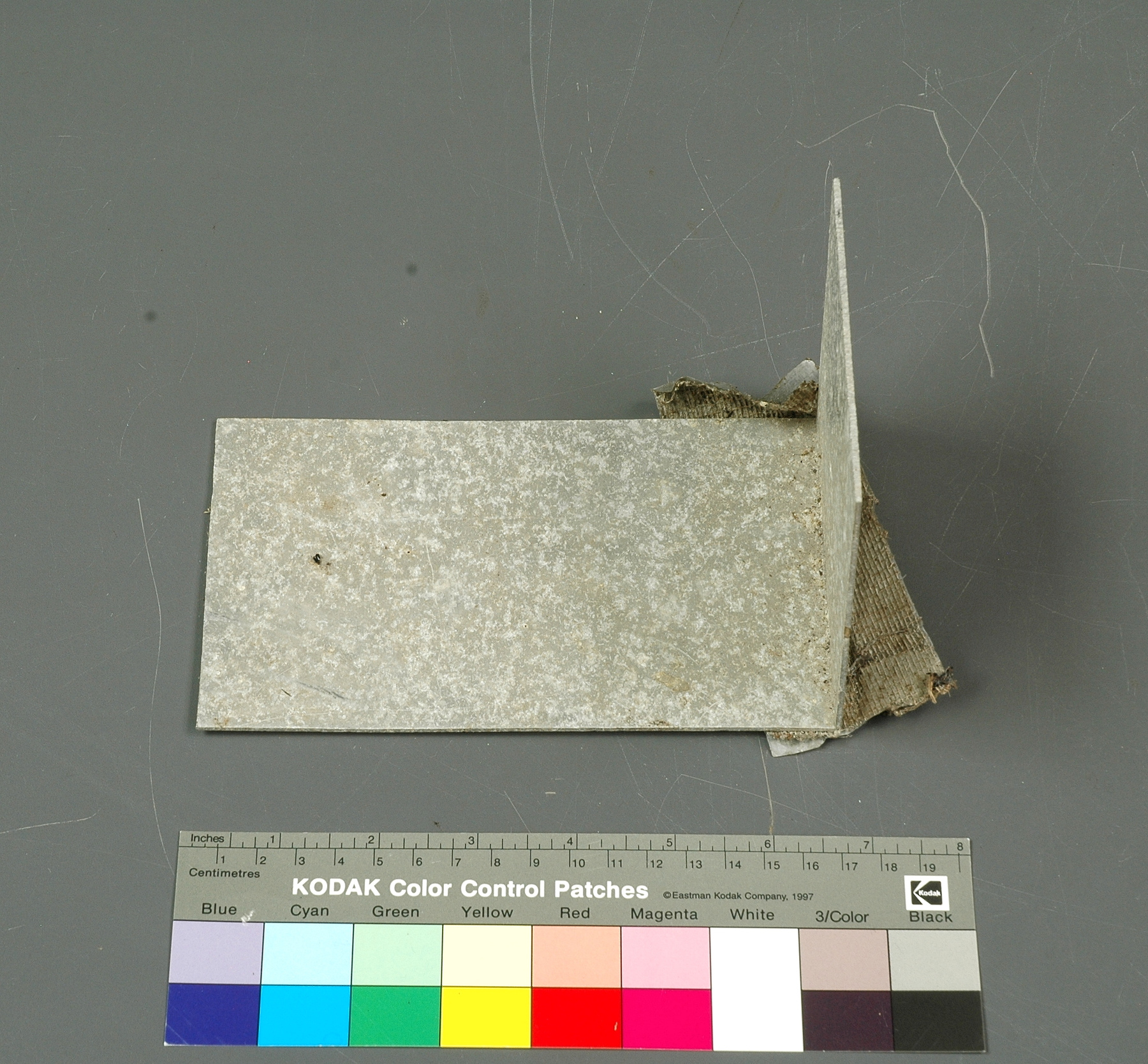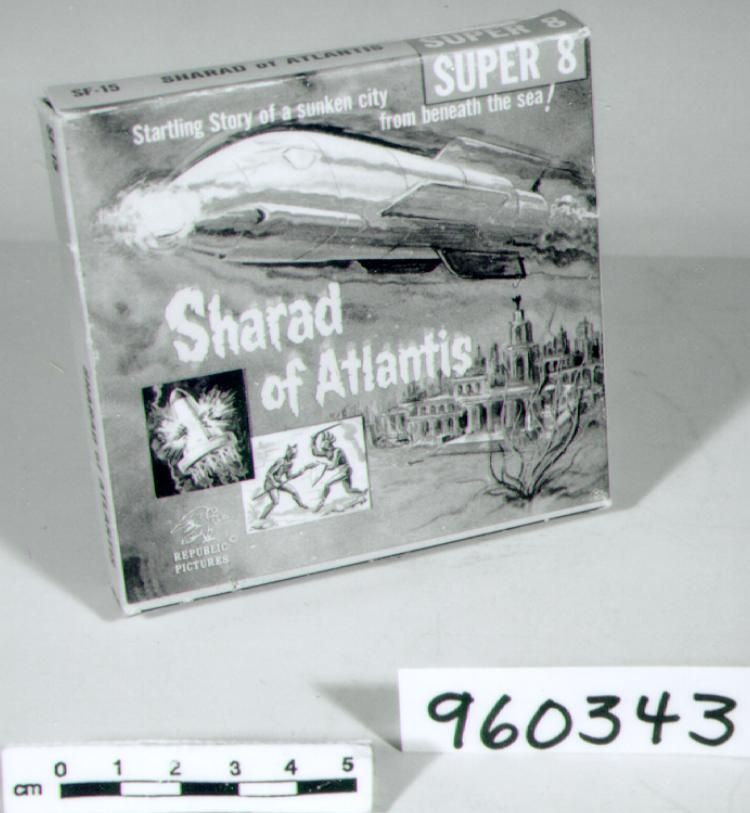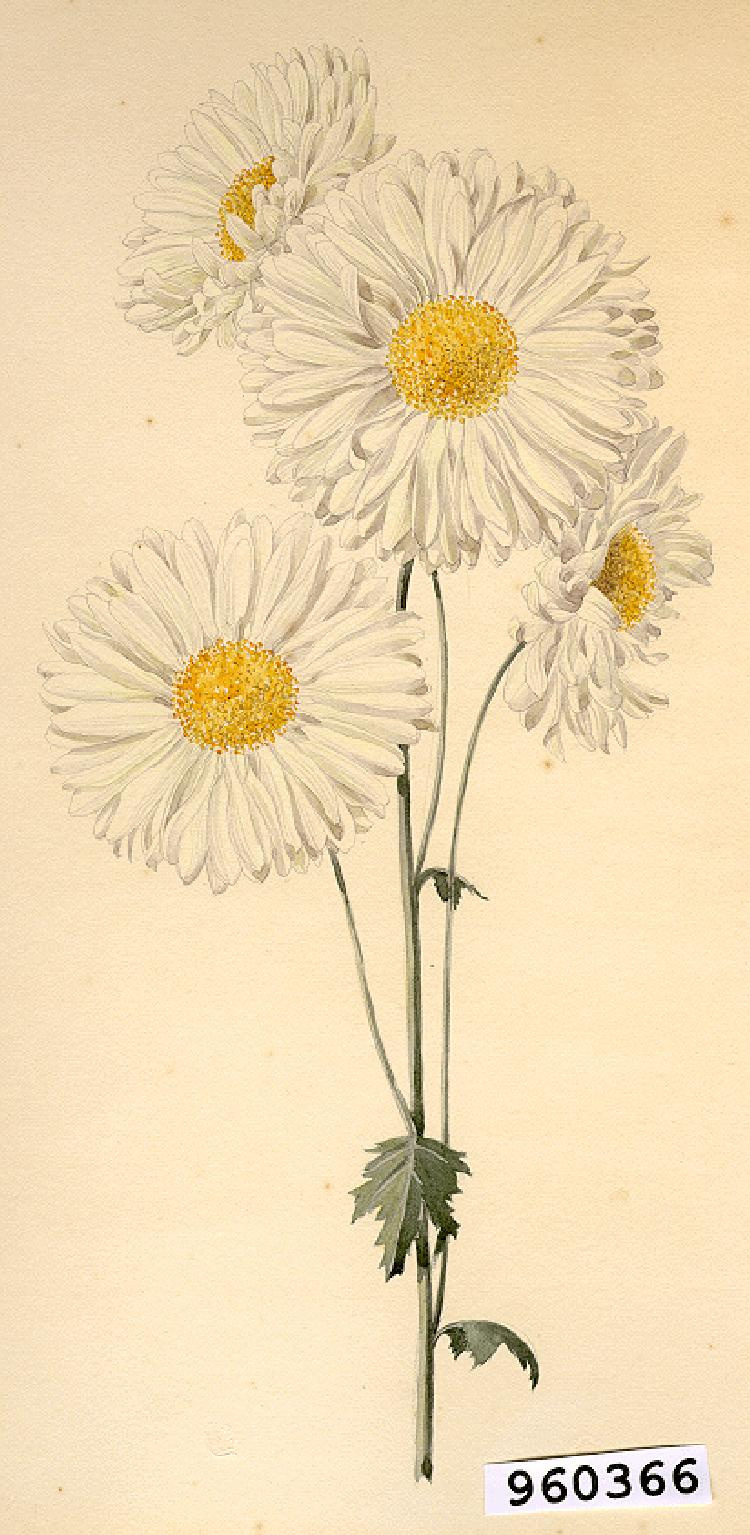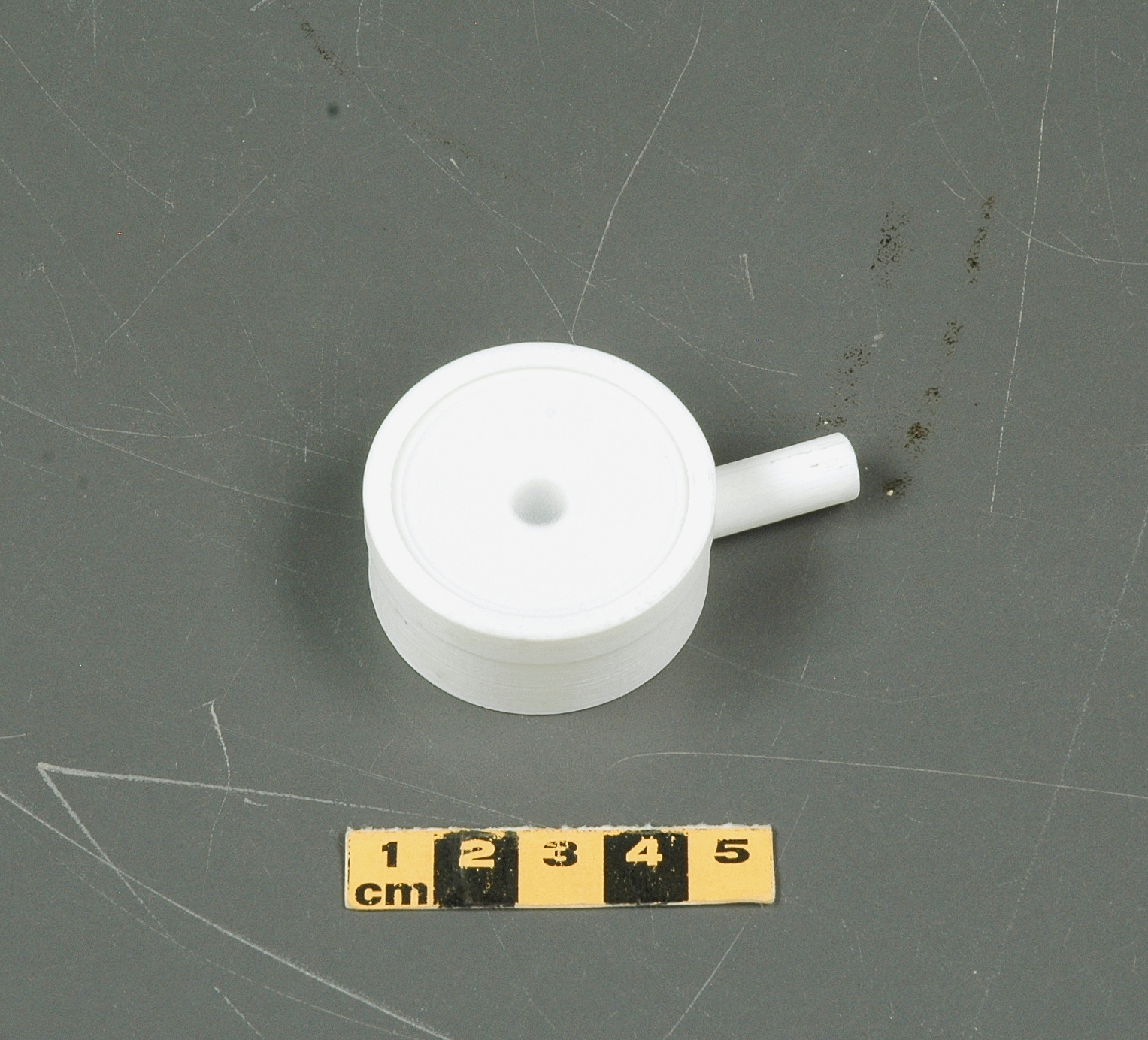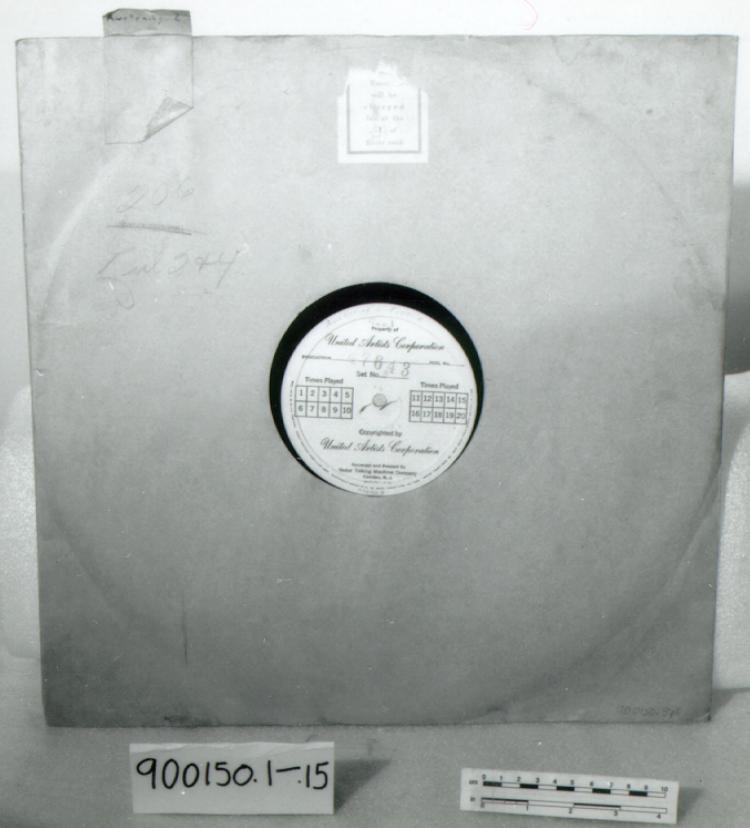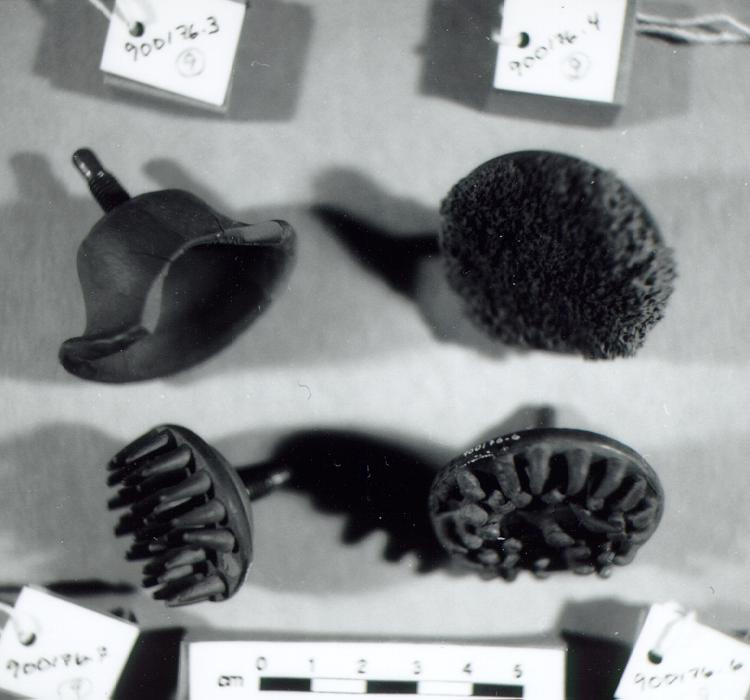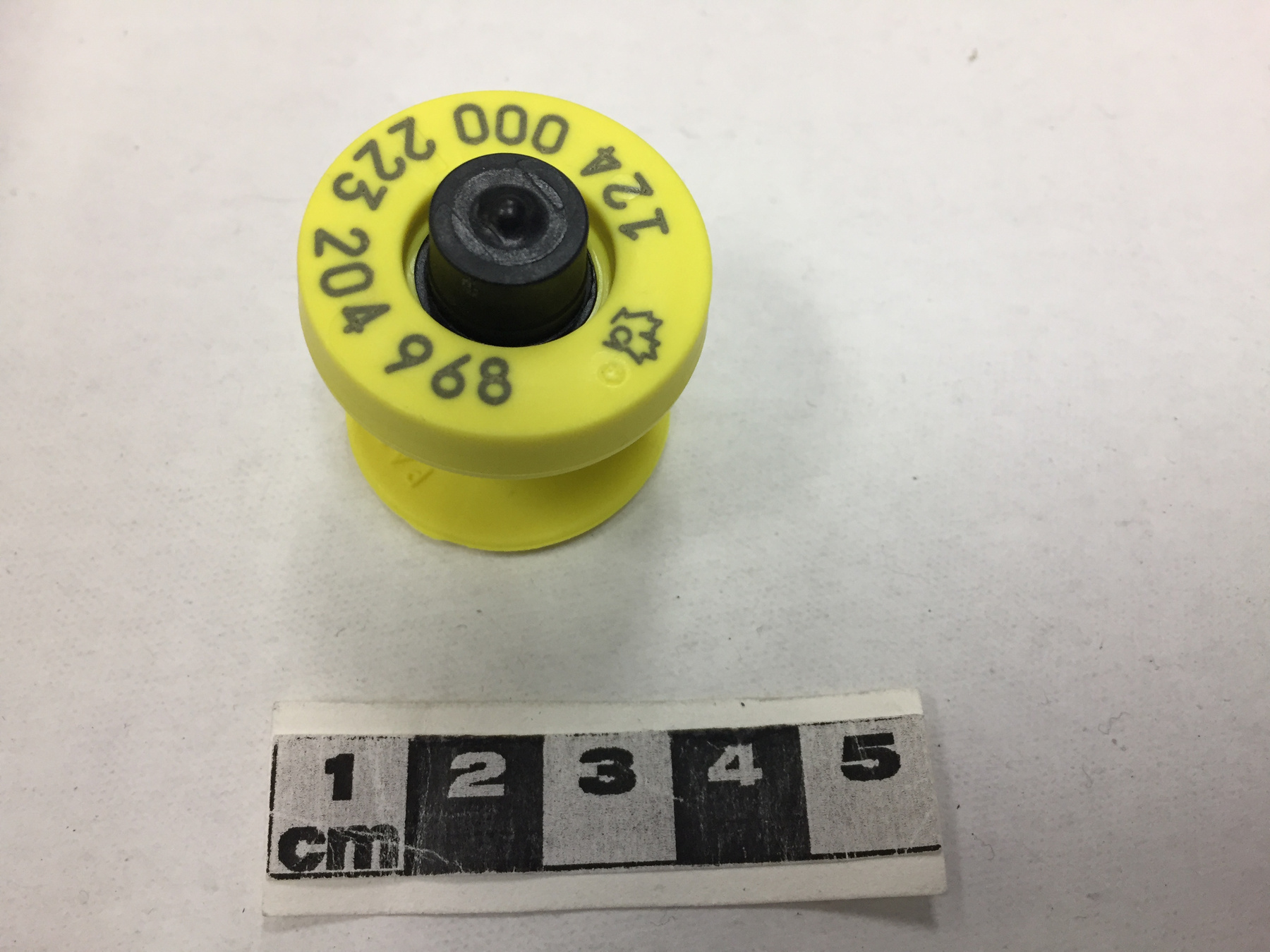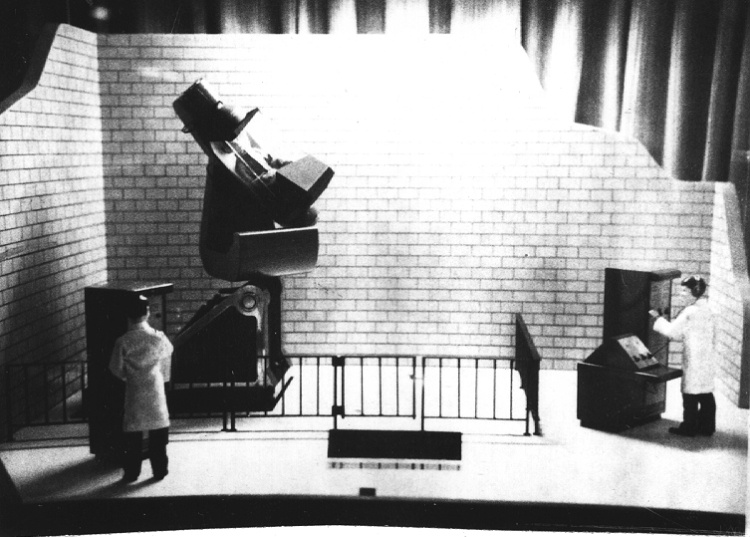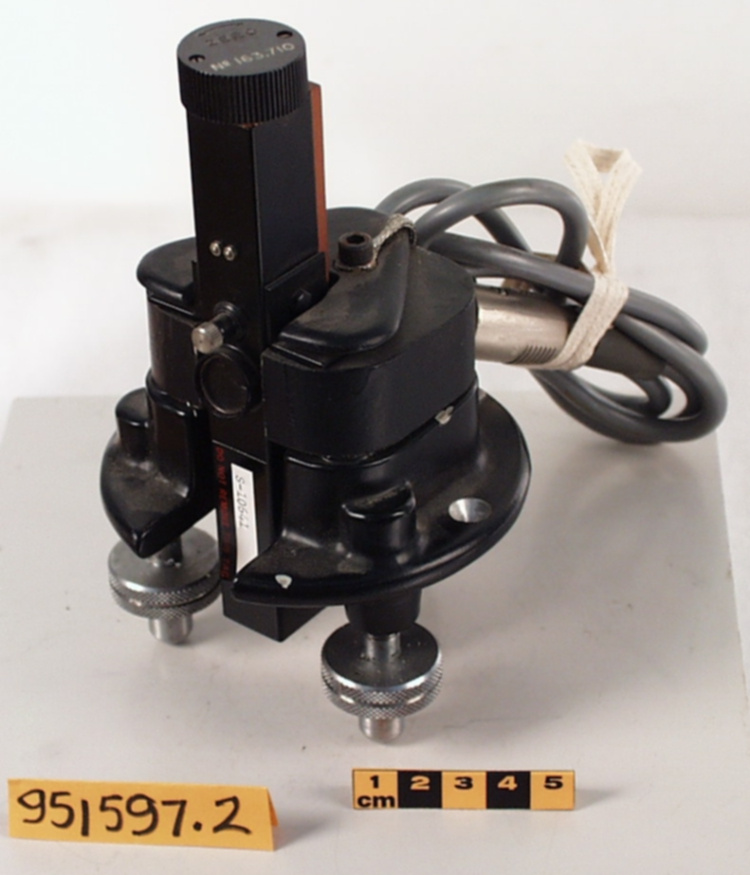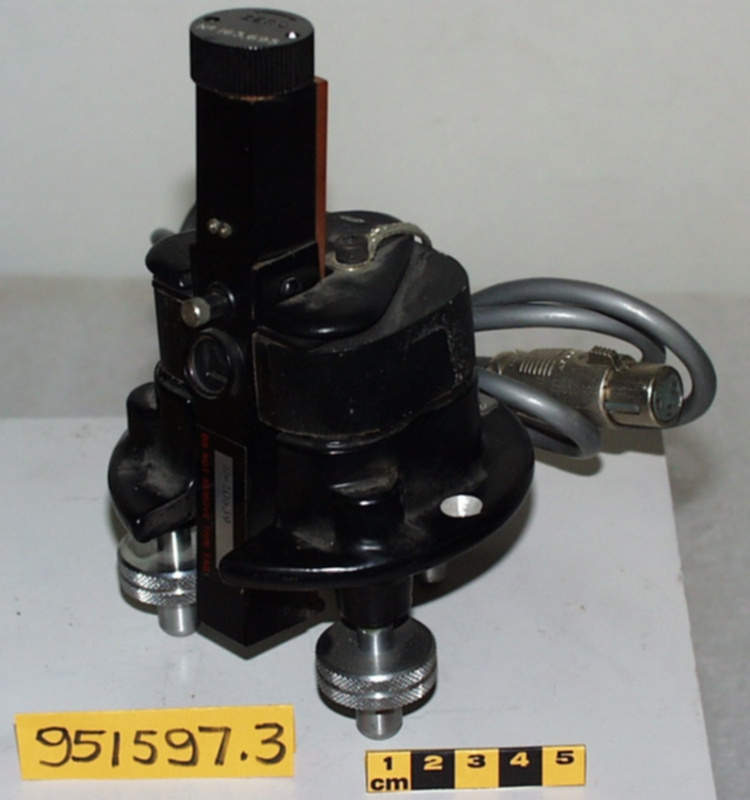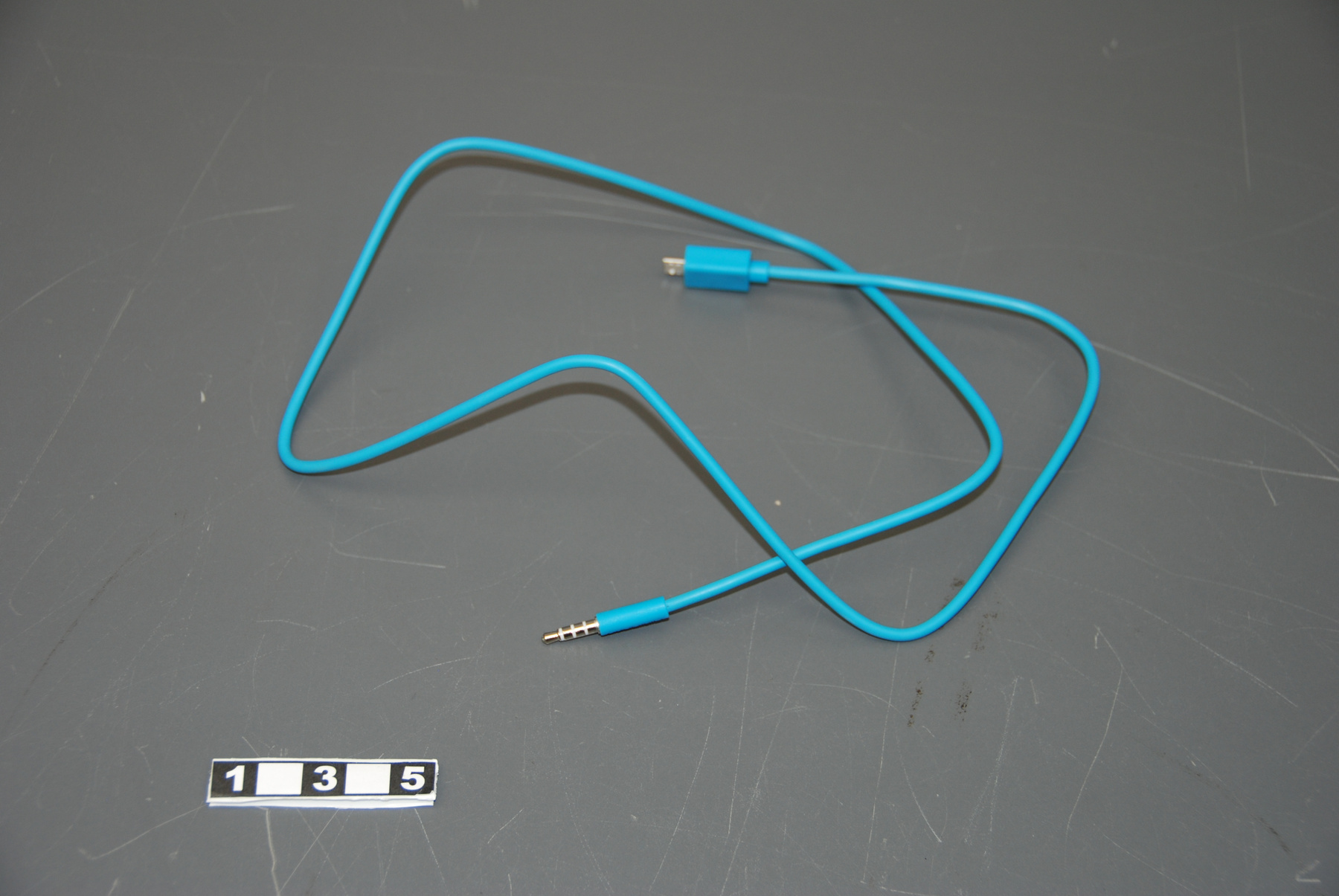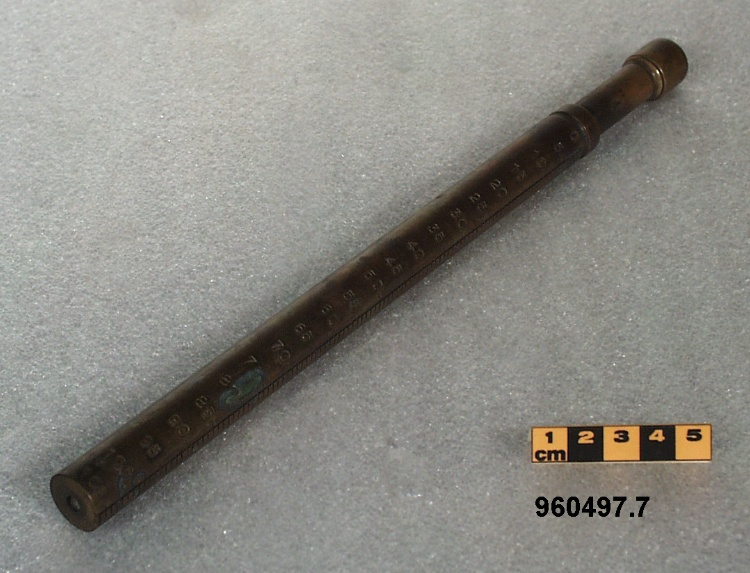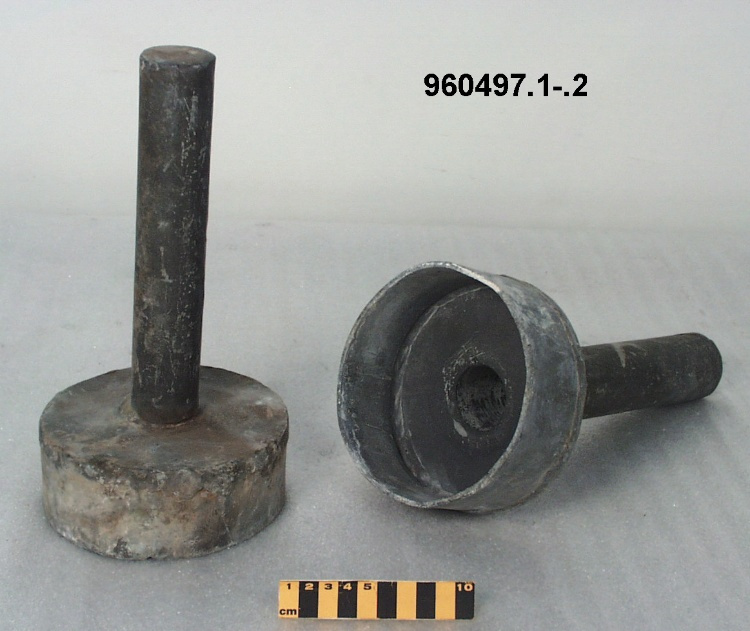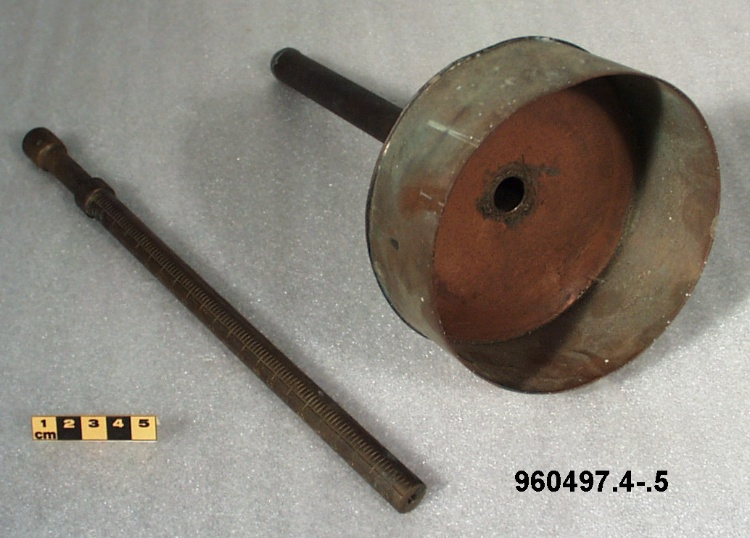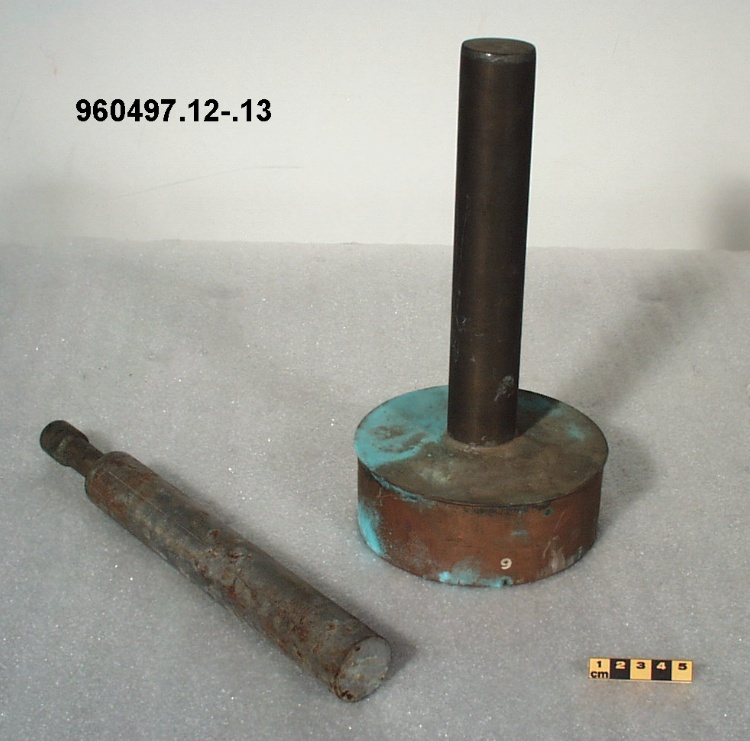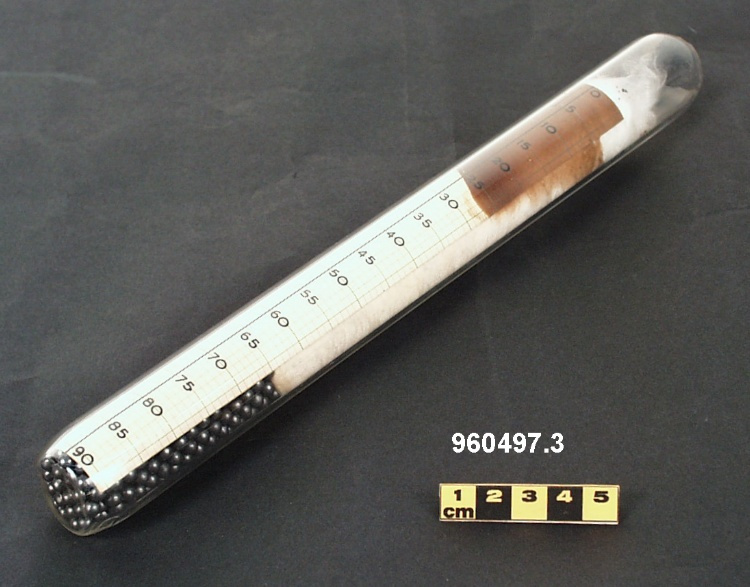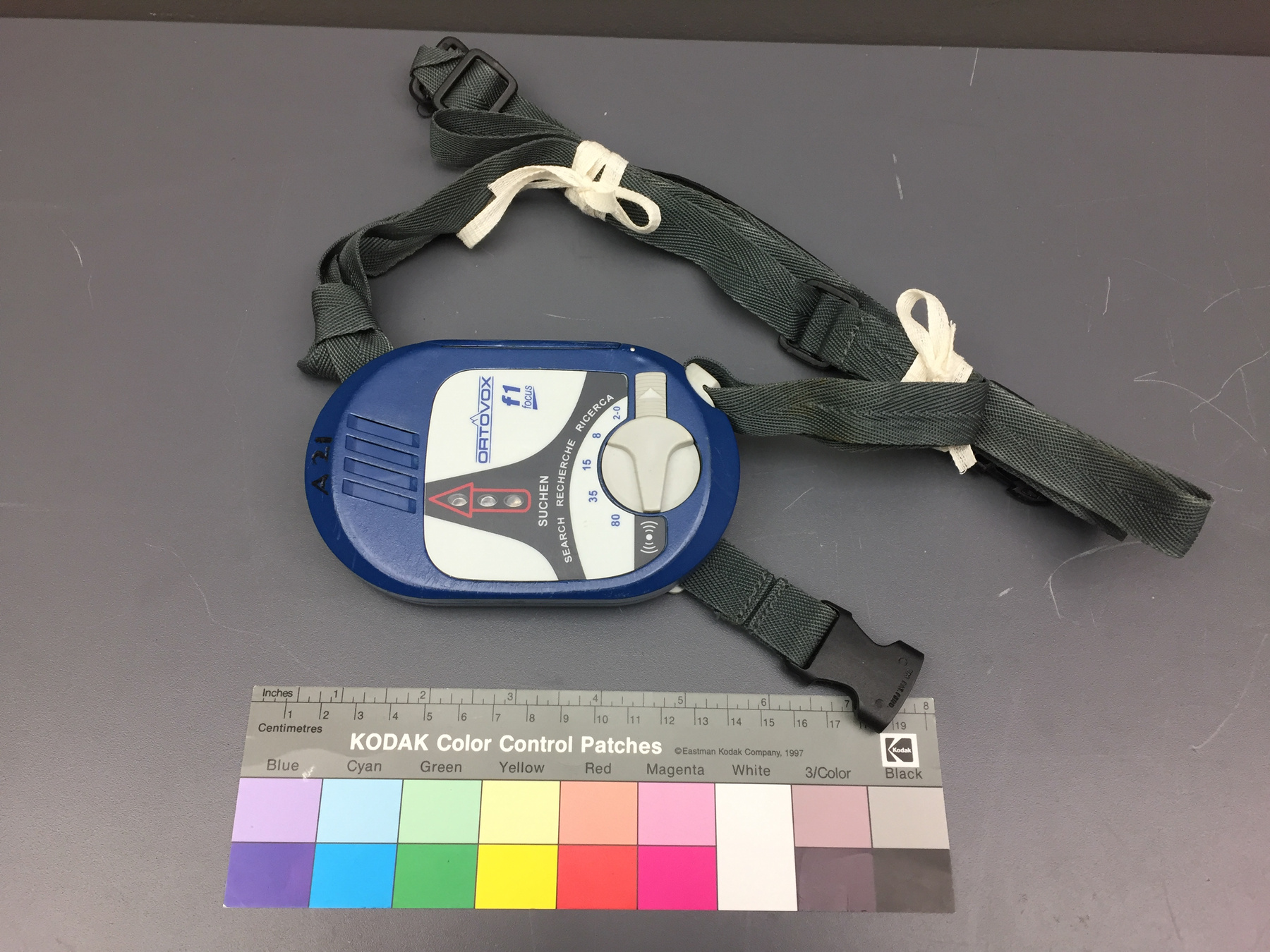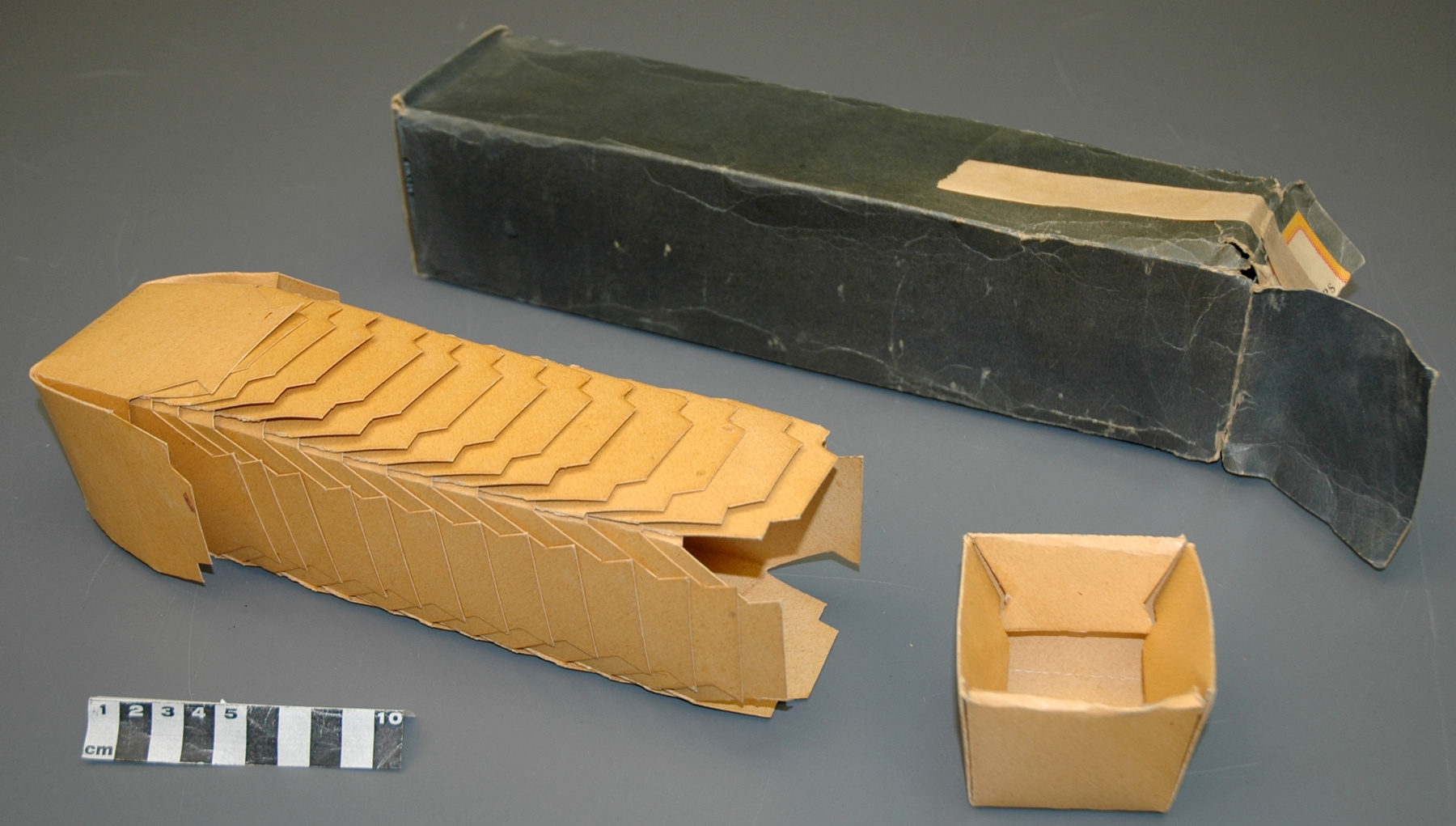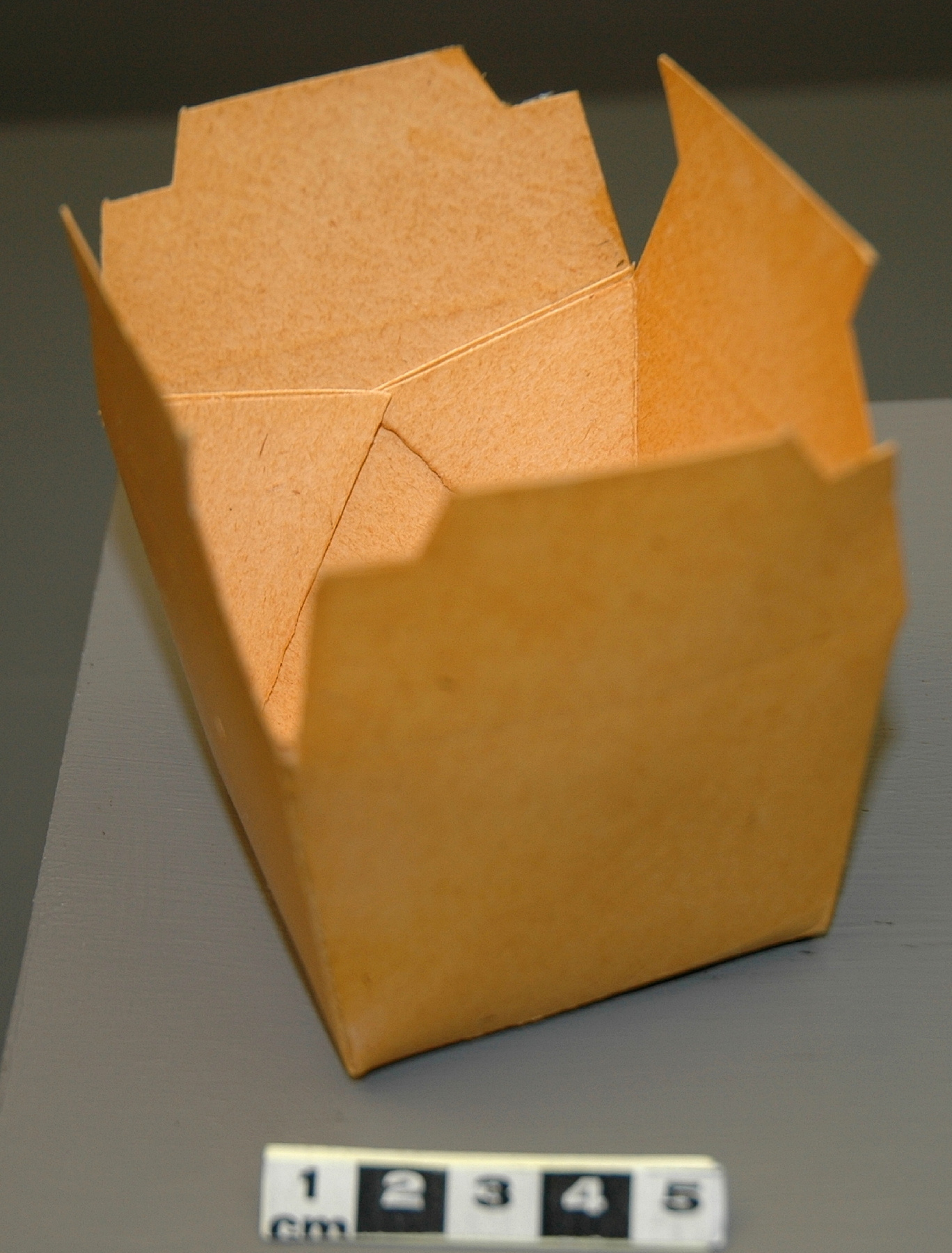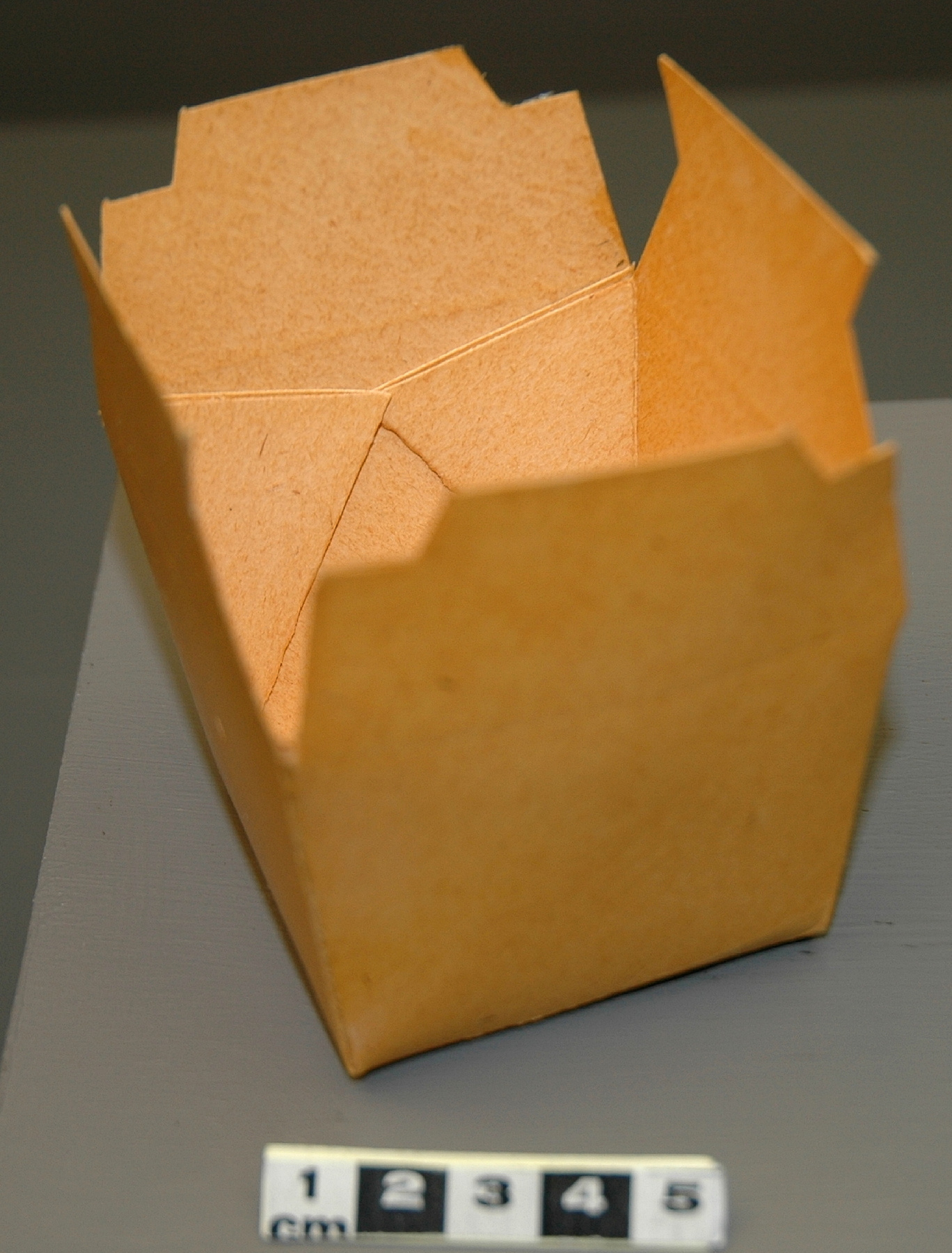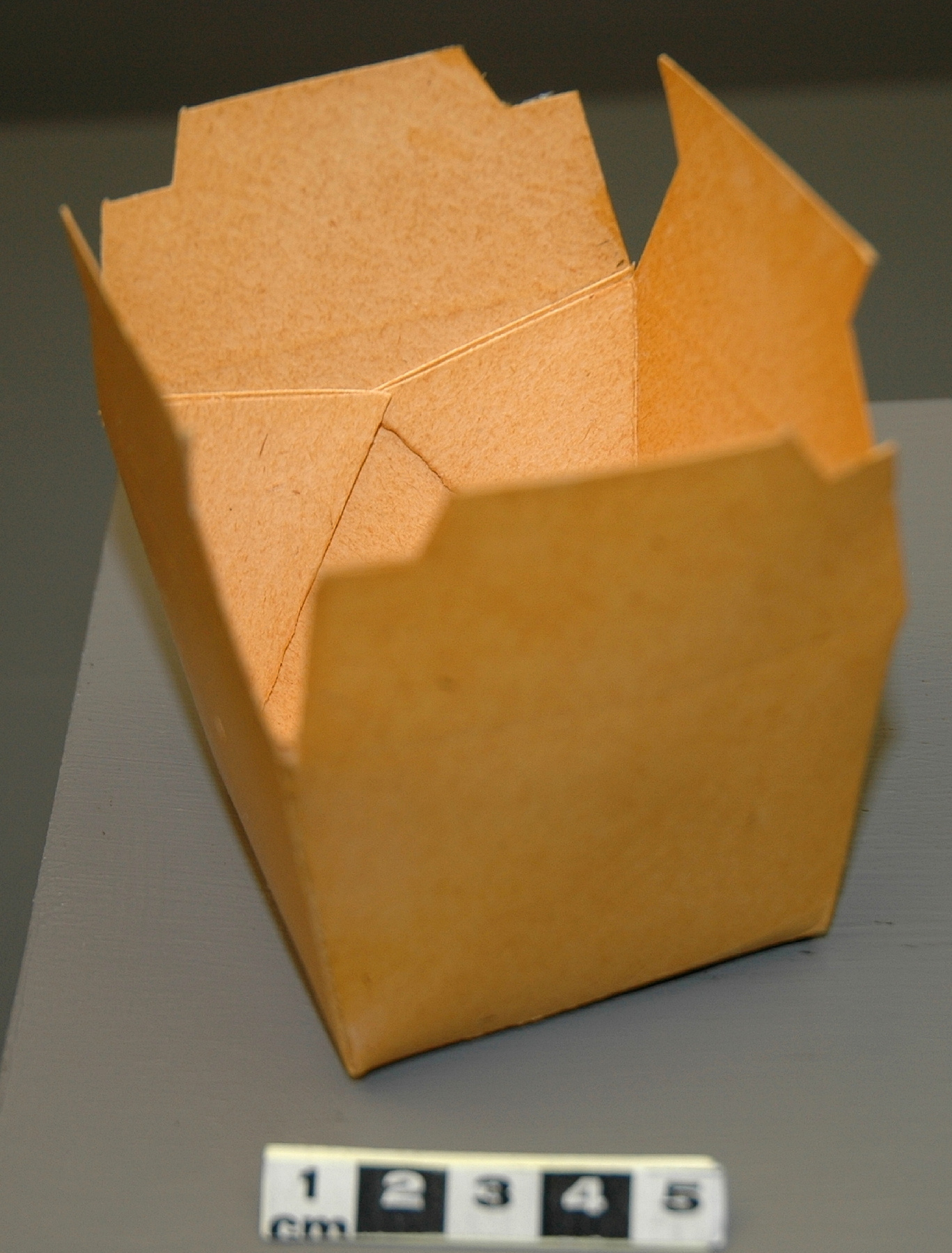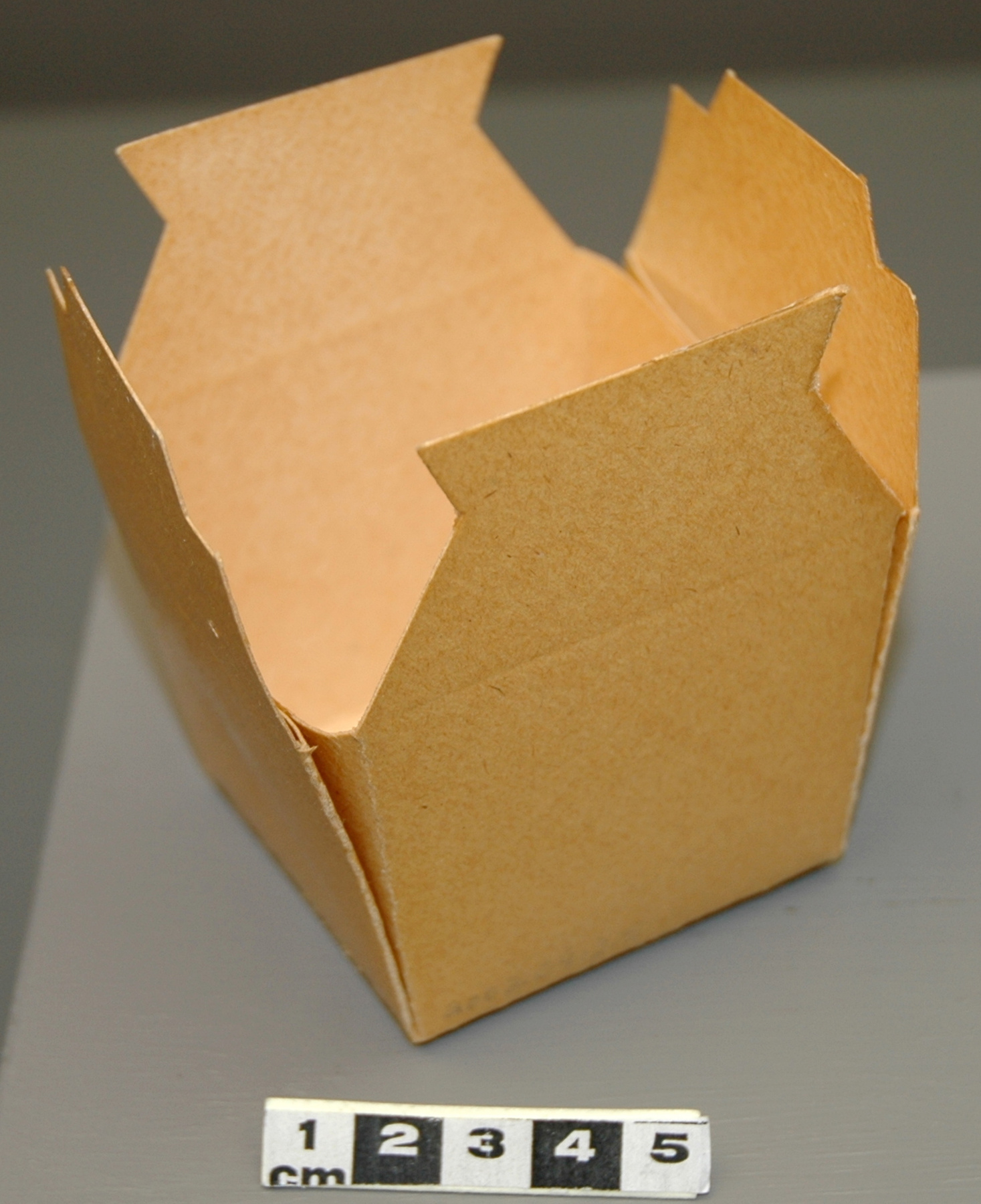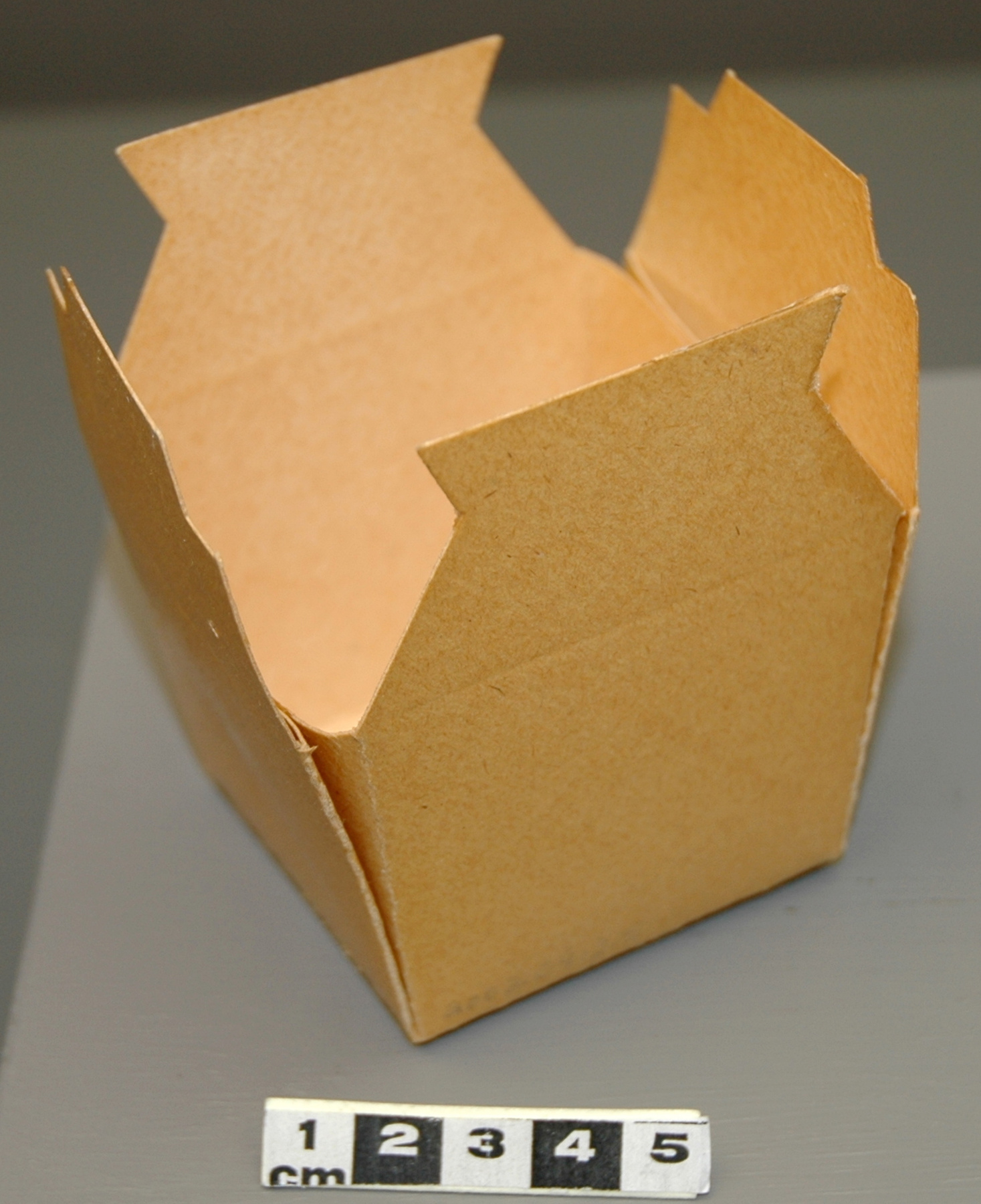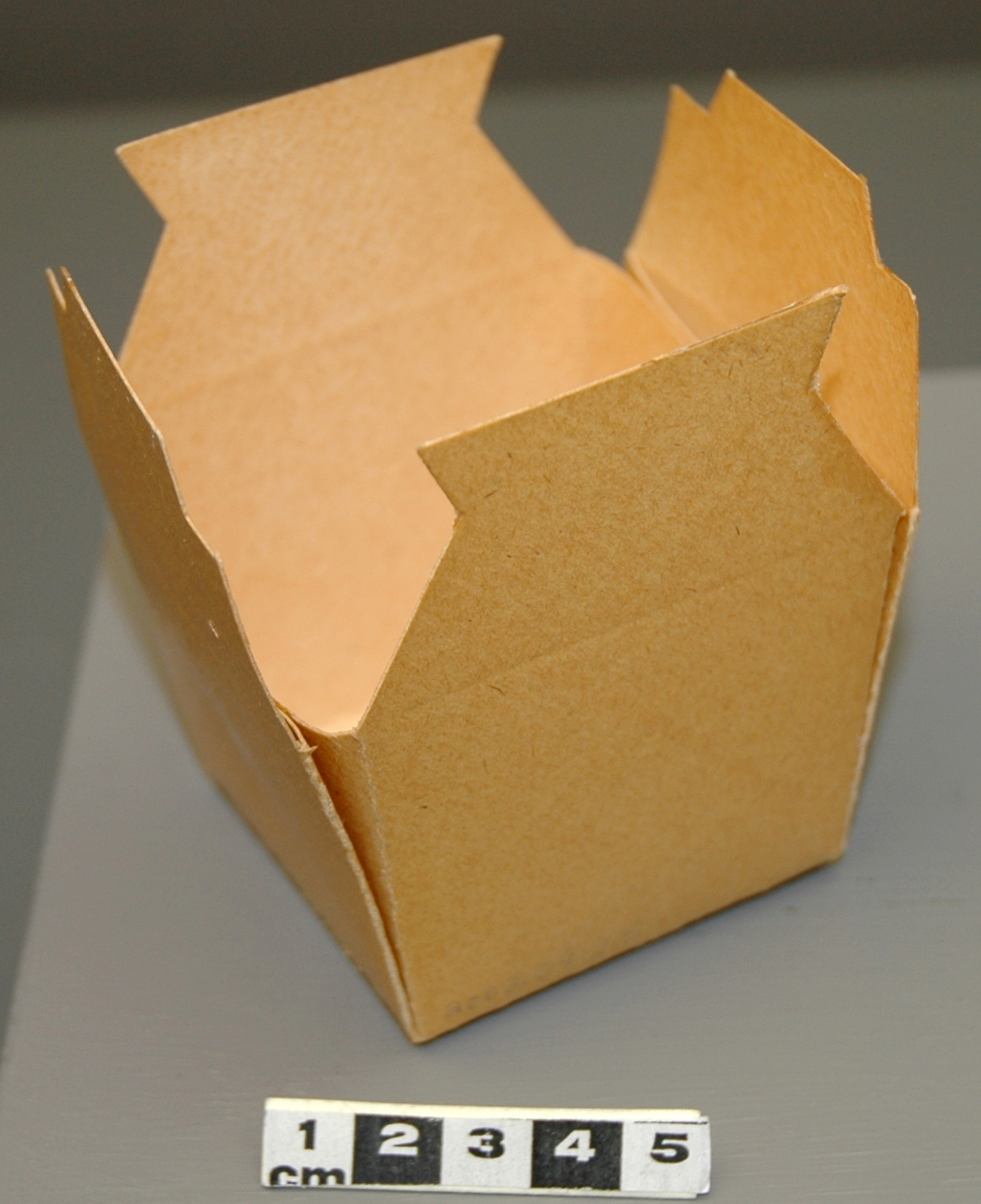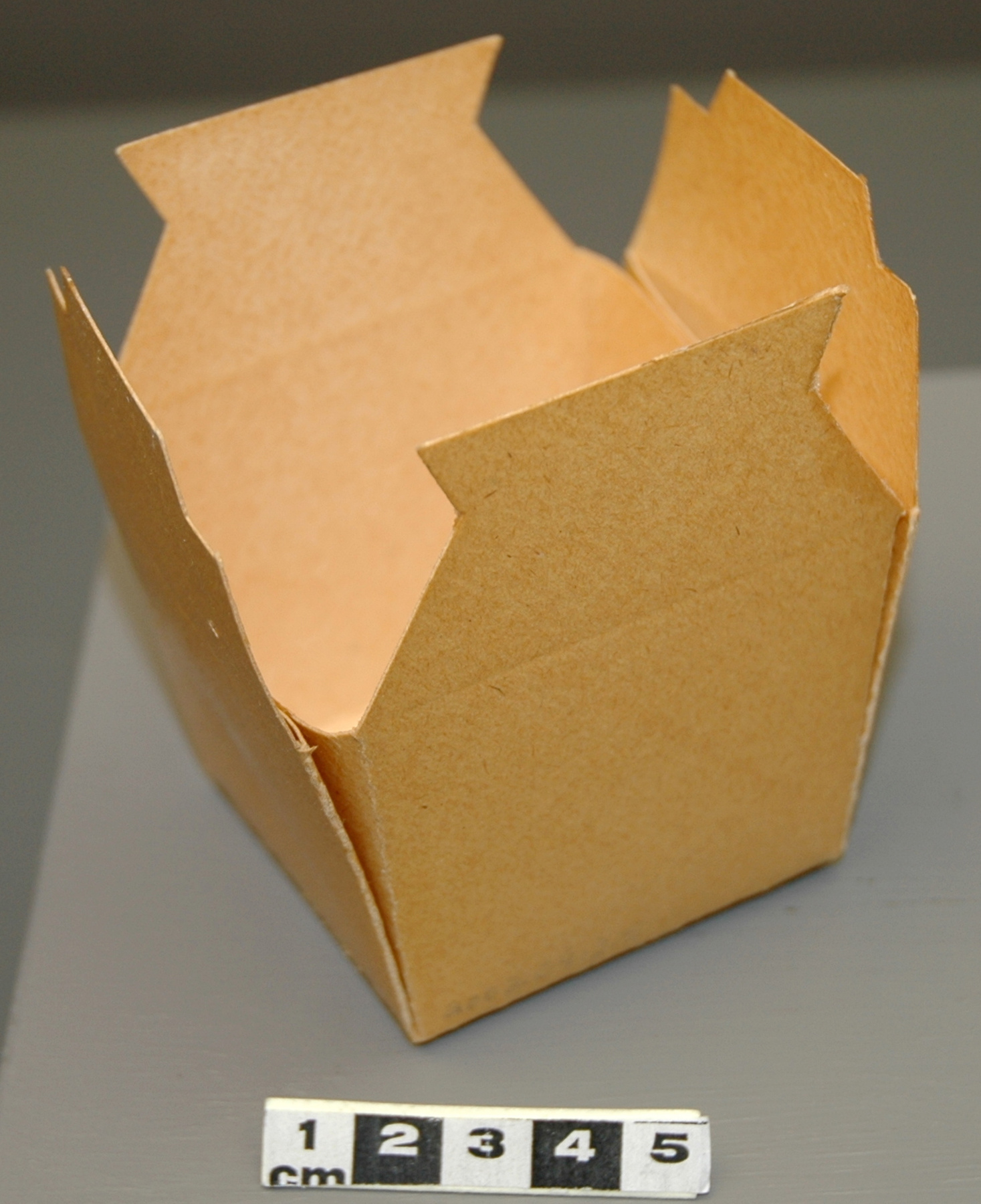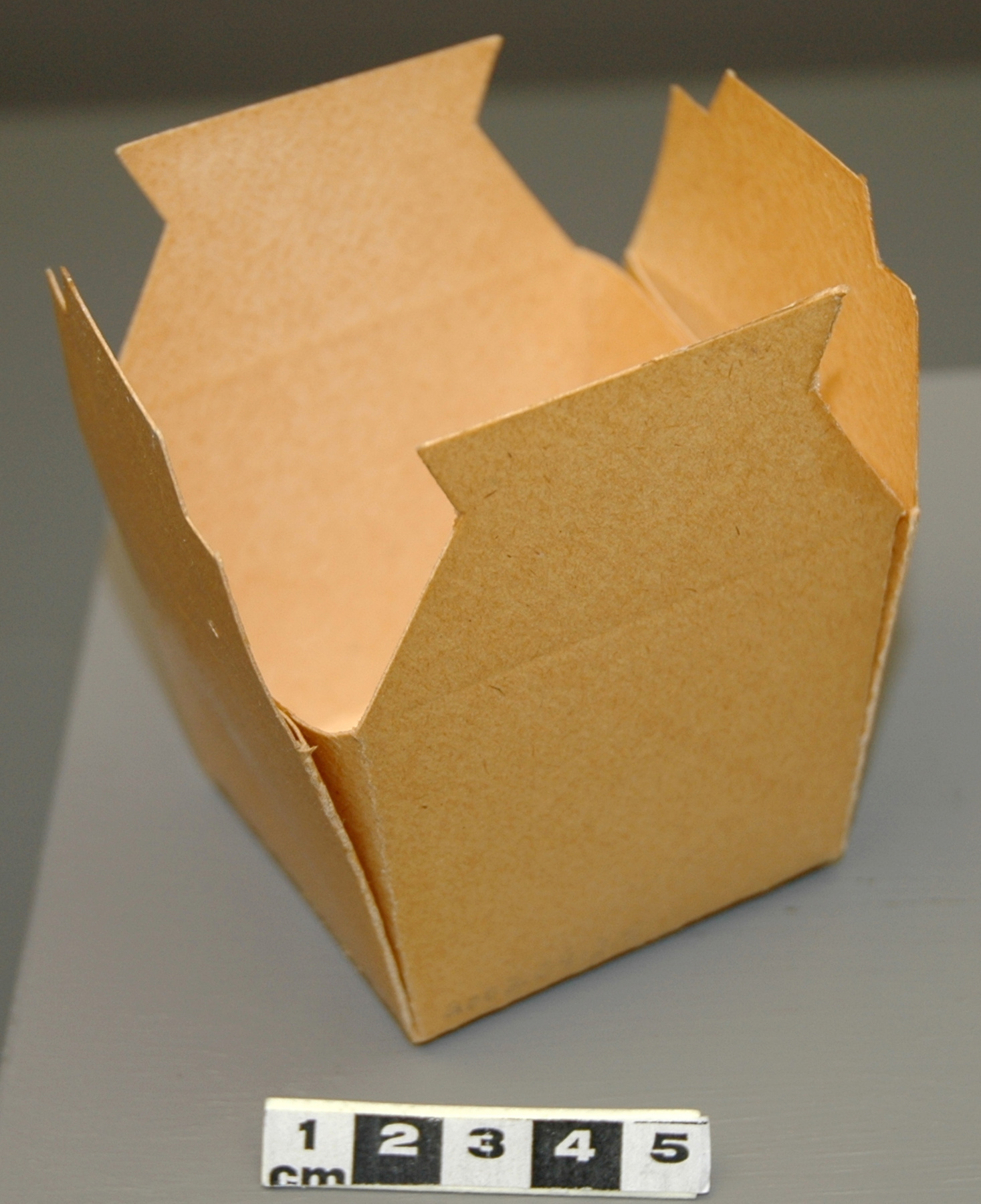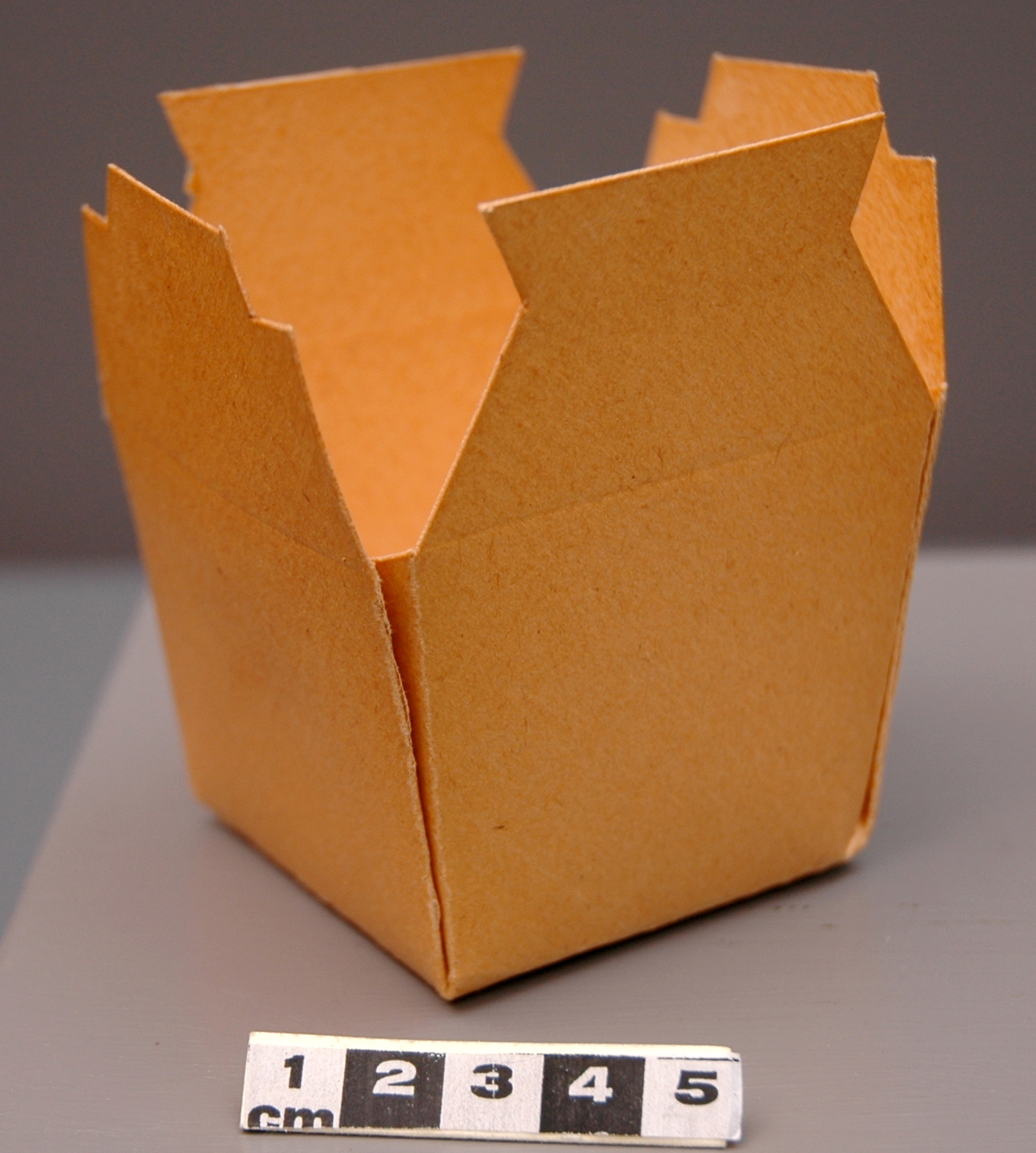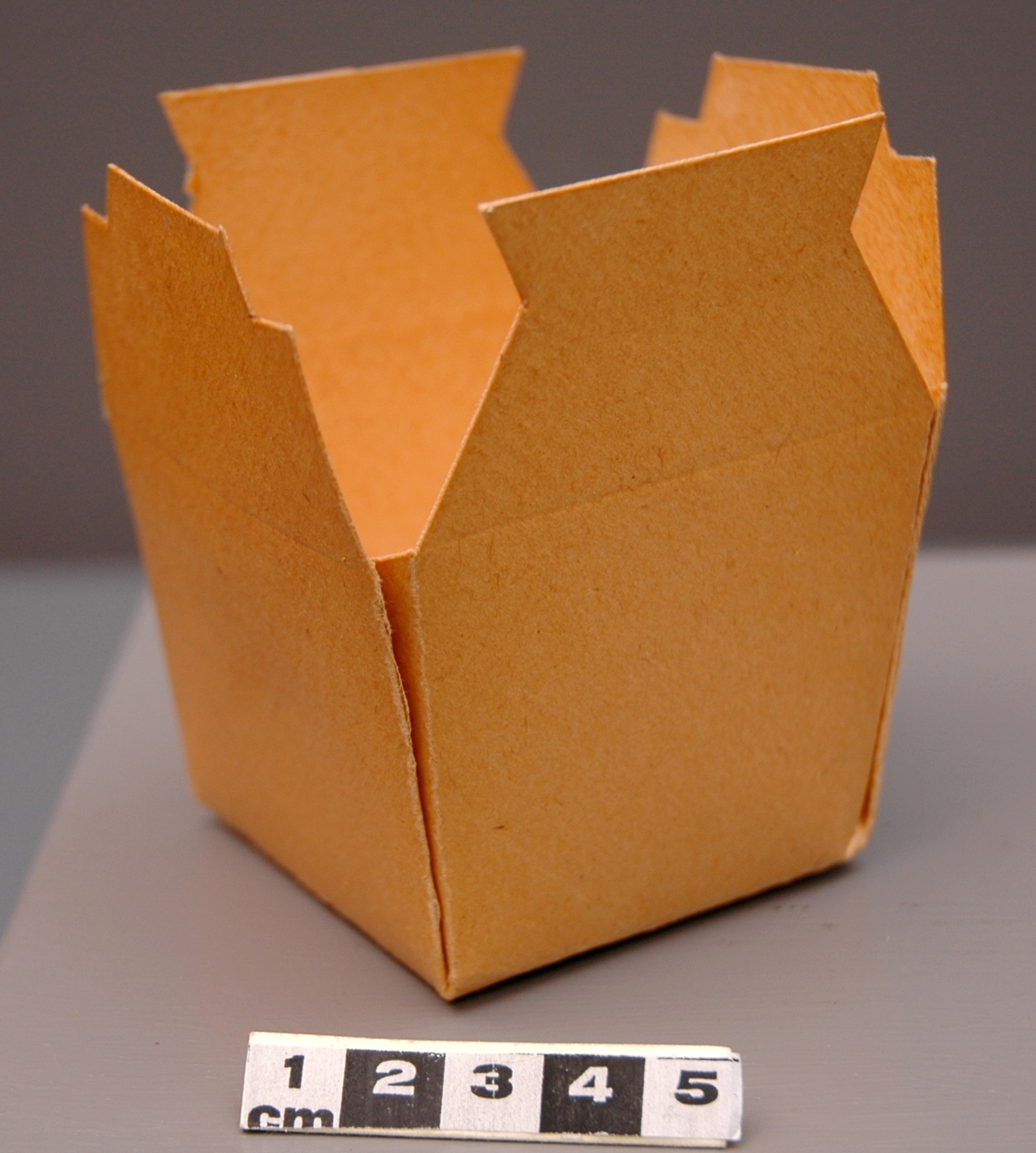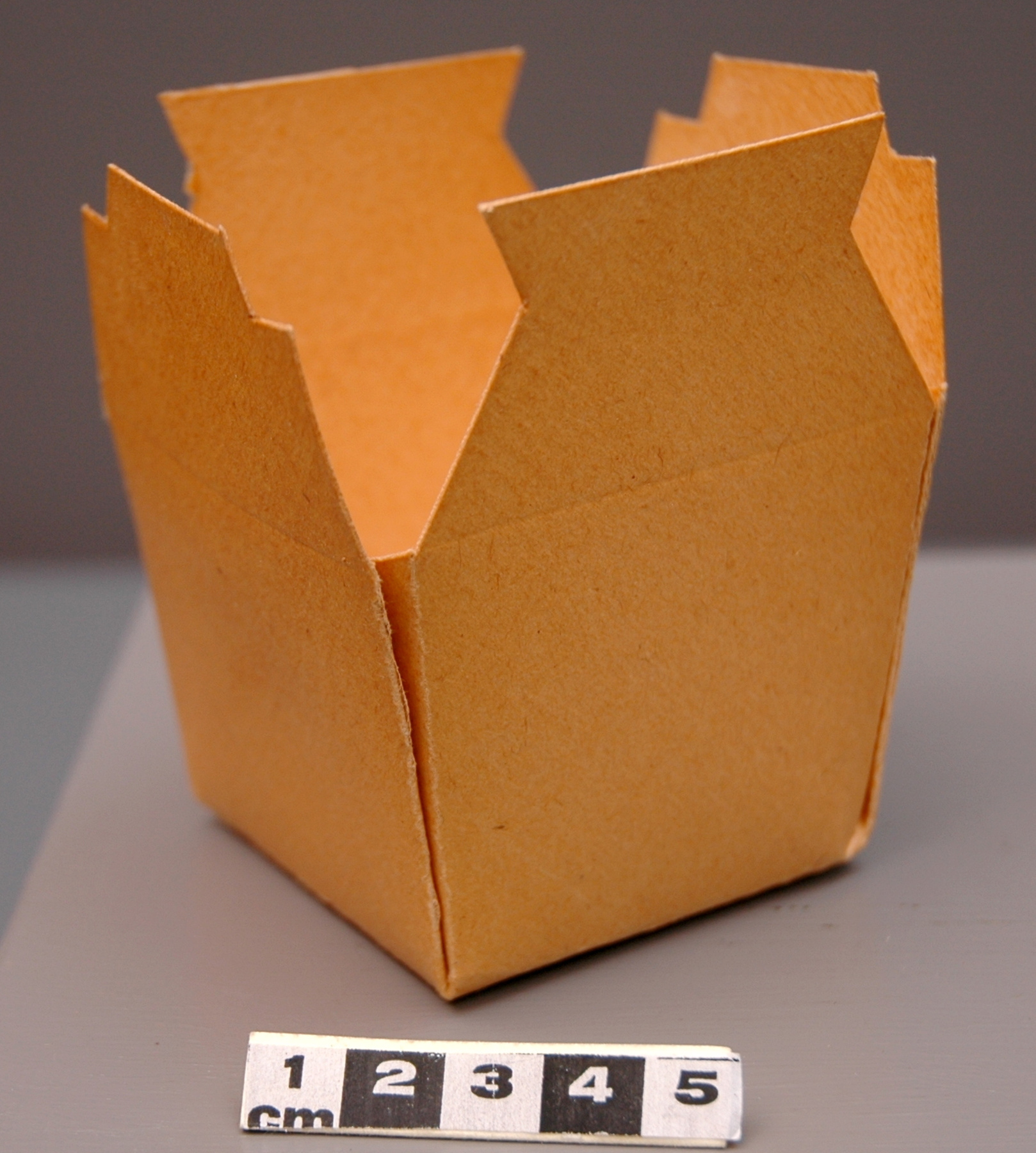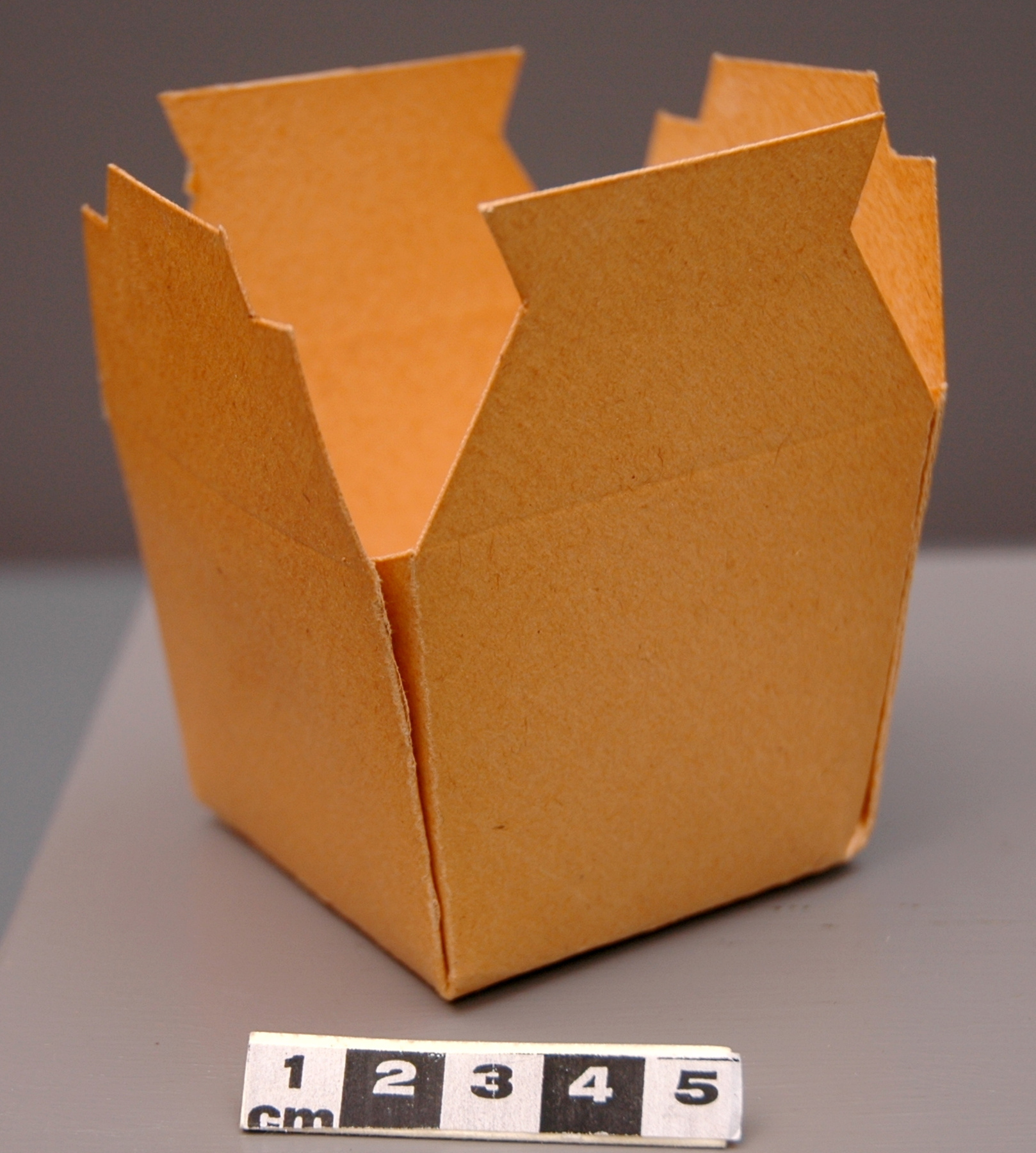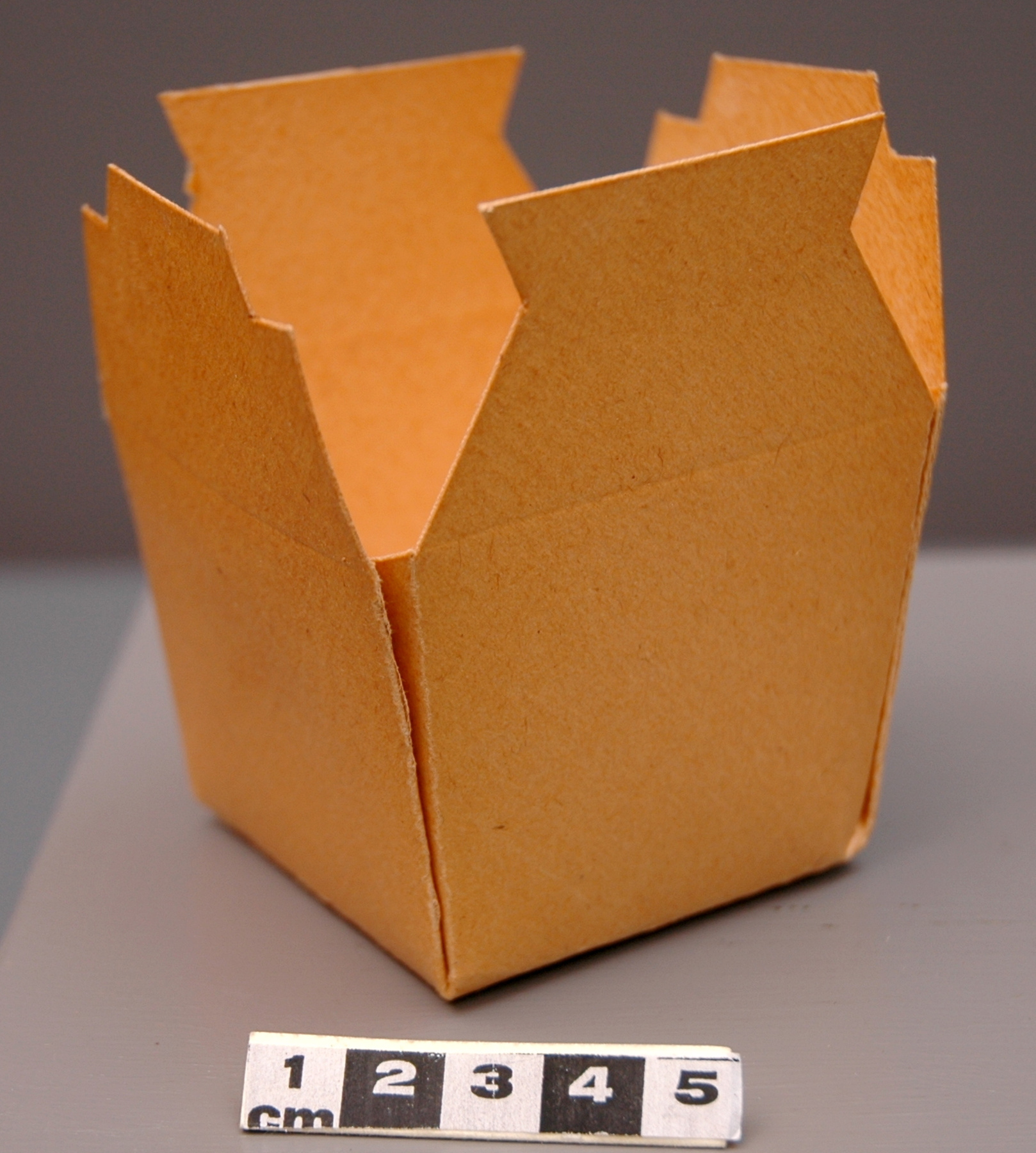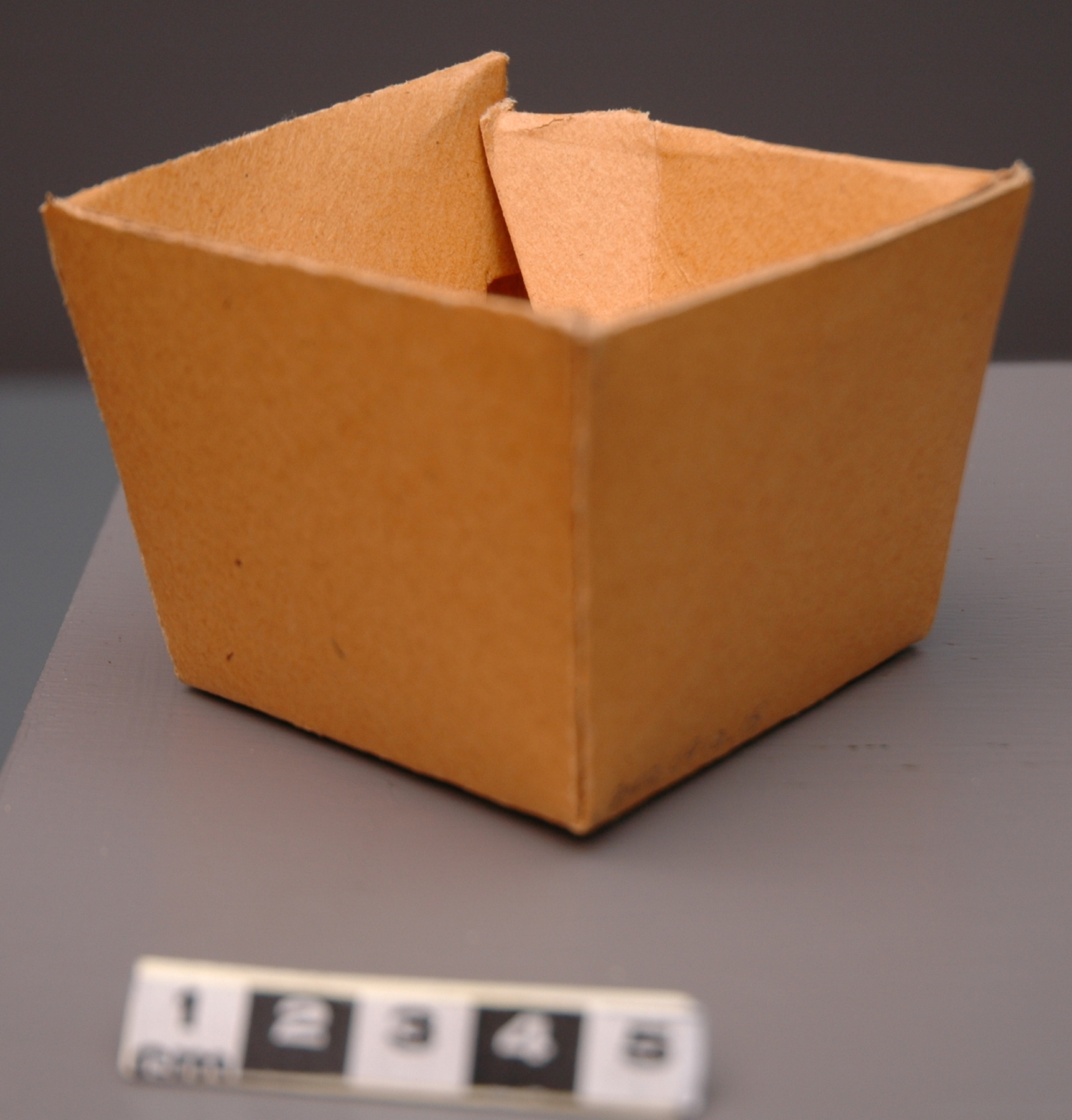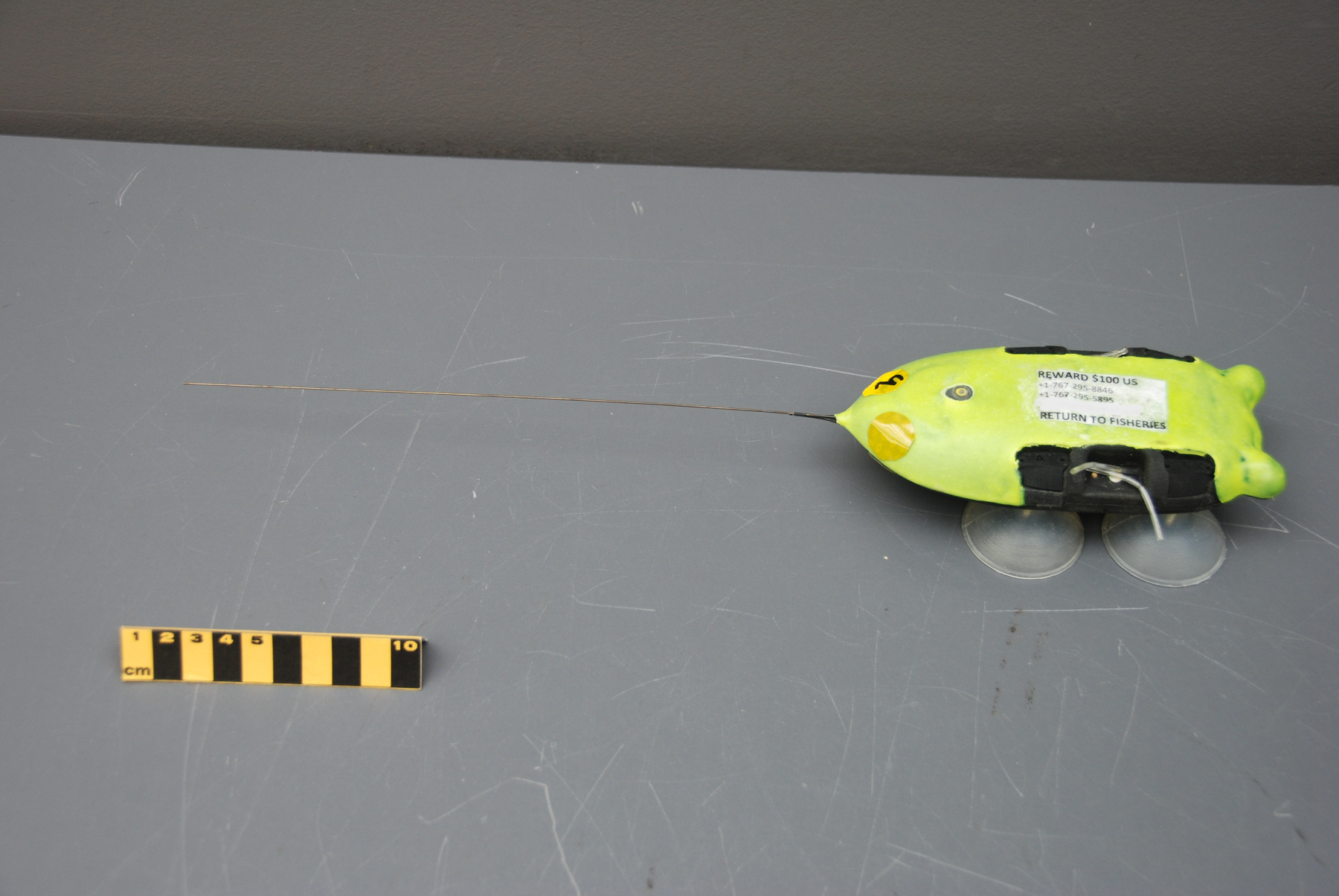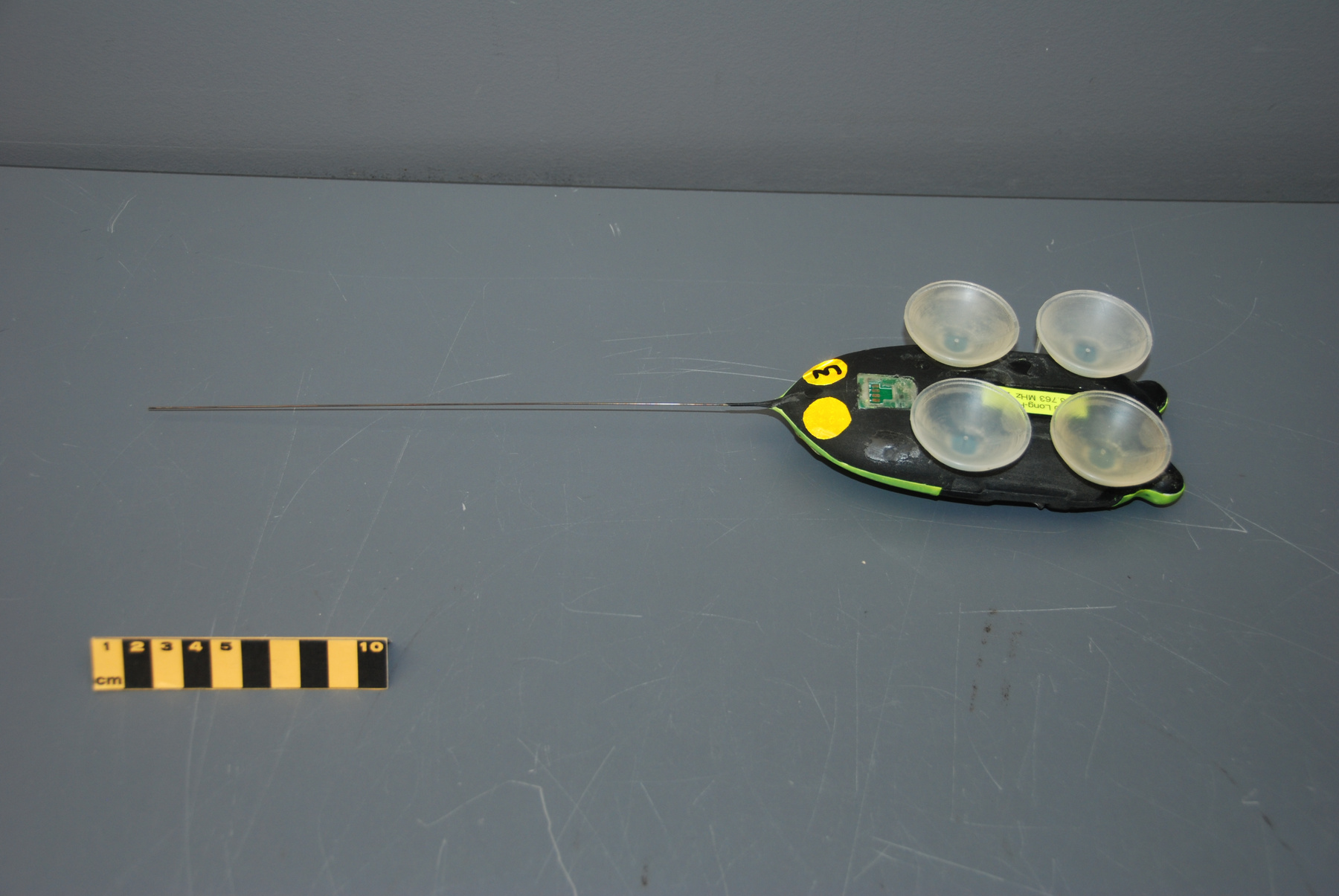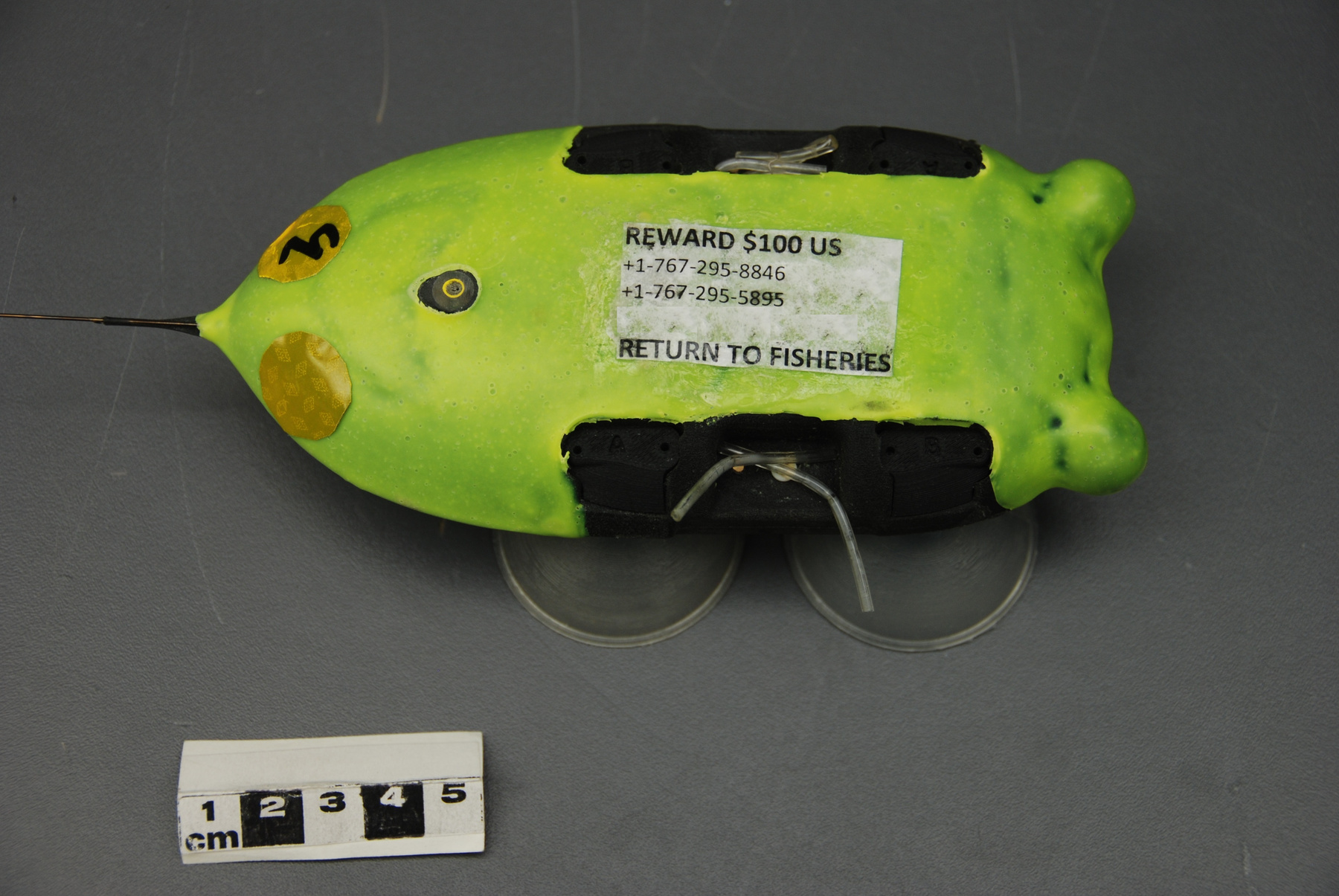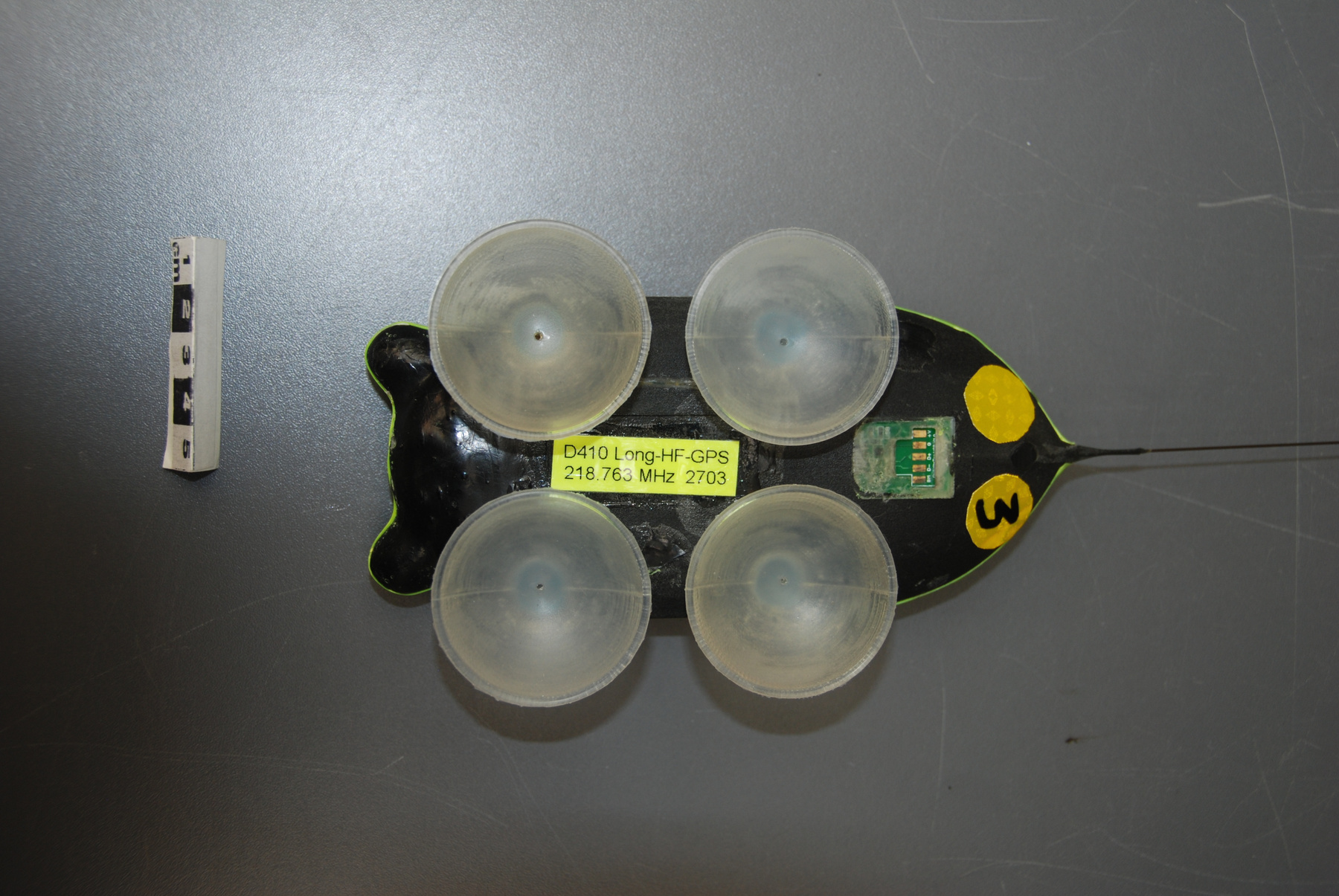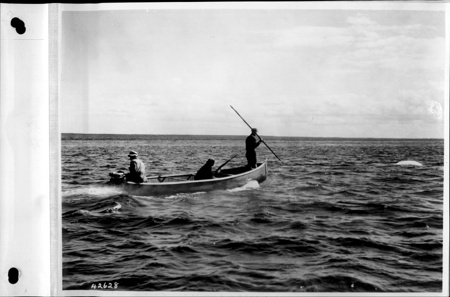Enregistreur
Utiliser cette image
Puis-je réutiliser cette image sans autorisation? Oui
Les images sur le portail de la collection d’Ingenium ont la licence Creative Commons suivante :
Copyright Ingenium / CC BY-NC-ND (Attribution-NonCommercial 4.0 International (CC BY-NC 4.0)
ATTRIBUER CETTE IMAGE
Ingenium,
2017.0048.001
Permalien:
Ingenium diffuse cette image sous le cadre de licence Creative Commons et encourage son téléchargement et sa réutilisation à des fins non commerciales. Veuillez mentionner Ingenium et citer le numéro de l’artefact.
TÉLÉCHARGER L’IMAGEACHETER CETTE IMAGE
Cette image peut être utilisée gratuitement pour des fins non commerciales.
Pour un usage commercial, veuillez consulter nos frais de reproduction et communiquer avec nous pour acheter l’image.
- TYPE D’OBJET
- S/O
- DATE
- 2013
- NUMÉRO DE L’ARTEFACT
- 2017.0048.001
- FABRICANT
- Inconnu
- MODÈLE
- DTAG 3
- EMPLACEMENT
- Inconnu
Plus d’information
Renseignements généraux
- Nº de série
- S/O
- Nº de partie
- 1
- Nombre total de parties
- 1
- Ou
- S/O
- Brevets
- S/O
- Description générale
- Synthetic and metal
Dimensions
Remarque : Cette information reflète la taille générale pour l’entreposage et ne représente pas nécessairement les véritables dimensions de l’objet.
- Longueur
- 41,0 cm
- Largeur
- 10,0 cm
- Hauteur
- 4,7 cm
- Épaisseur
- S/O
- Poids
- S/O
- Diamètre
- S/O
- Volume
- S/O
Lexique
- Groupe
- Communications
- Catégorie
- Son
- Sous-catégorie
- S/O
Fabricant
- Ou
- Inconnu
- Pays
- Inconnu
- État/province
- Inconnu
- Ville
- Inconnu
Contexte
- Pays
- Inconnu
- État/province
- Inconnu
- Période
- The Dominica Sperm Whale Project used this particular DTAG3 in 2015.
- Canada
-
Taken from acquisition proposal "The first DTAG, or Digital sound record tag, was developed by a Woods Hole Oceanographic Institution team led by electrical engineer Mark Johnson in 1998. They wanted to “study how animals use and cope with sound underwater” (Sound and Movement Tags). The team included electrical engineer Tom Hurst, mechanical engineer Alex Shorter, and behavior ecologist Peter Tyack. These three remained involved in development of further iterations of the tag. As of 2017, there are three iterations: DTAG1, DTAG2, and DTAG3. The DTAG2 was the first widely used model. They are built for researchers on request by Mark Johnson. Canadian scientist Shane Gero uses DTAG3s in his Dominica Sperm Whale Project, which focuses on the social behaviour and vocal communication of sperm whales. This project aims to “learn from the sperm whales of the Caribbean so as to better help conserve and protect the populations and cultural diversity of cetaceans worldwide” (Research Overview). Relatively little is known about the lives and living environments of sperm whales, and this project’s research has been important in establishing that whales have a culture, including language with dialects, complex relationships, and intergenerational traditions. Gero has published extensively on findings that relied on data obtained using DTAG3s. His research has been shared through popular media, including in Maclean’s, The Nature of Things, The New York Times, and Science Magazine. Whale researcher and Dominica Sperm Whale Project co-investigator Hal Whitehead has spoken about how important recording tags have been in the study of whales, saying, “An important recent development is that sophisticated tags can be put on whales for short periods, and these can give a detailed perspective on the behavior of the animals. Ten years ago, we had almost no idea how a sperm whale feeds at depth but because of these tags, and other technical advances, we are getting a good idea.” The Dominica Sperm Whale Project used this particular DTAG3 in 2015. Other researchers used this tag before Gero." - Fonction
-
Used by researchers to record the sound and movement of marine animals. - Technique
-
Taken from acquisition proposal "DTAGs allow researchers to study animals who spend much of their time below the water’s surface by tracking their movement and recording the sounds around them, including the sounds they make. Researchers attach tags to animals with non-invasive suction cups. Built in stereo-hydrophones record sound, while sensors document the animal’s depth and movement. After a predetermined time, tubes on the sides of the devices vent the suction cups to release the DTAGs, which float to the surface. VHF beacons and reflective markings help researchers locate the tags. Johnson, Hurst, and Shorter developed DTAG3s with a fully cast design that allows them to be half the size of the DTAG2s, making the newer model suitable for small toothed-whales. Rechargeable batteries power both the beacons as well as the tag electronics. Microprocessors manage the battery life. DTAG3s can be outfitted with different types of sensor equipment depending on researcher requirements. Shane Gero believes this tag is the first high frequency DTAG. It was also at one time, outfitted with GPS to try to track the animals to which it was attached. However, the GPS had limited success and was removed before Gero used the tag in Dominica. The little black dot on the device’s back was the GPS antenna." - Notes sur la région
-
Inconnu
Détails
- Marques
- Label on top "REWARD $100 US/ +1-767-295-8846/ +1-767-295-5895/ RETURN TO FISHERIES". Two gold reflective labels, one on top and the other on the bottom have the number "3" written in black marker. Label on bottom reads "D410 Long-HF-GPS/ 218.763 MHz 2703".
- Manque
- S/O
- Fini
- Black synthetic with top covered in a lime green synthetic casing. There are four frosted suction cups as feet and a non-ferrous metal antenna.
- Décoration
- S/O
FAIRE RÉFÉRENCE À CET OBJET
Si vous souhaitez publier de l’information sur cet objet de collection, veuillez indiquer ce qui suit :
Fabricant inconnu, Enregistreur, 2013, Numéro de l'artefact 2017.0048, Ingenium - Musées des sciences et de l'innovation du Canada, http://collections.ingeniumcanada.org/fr/id/2017.0048.001/
RÉTROACTION
Envoyer une question ou un commentaire sur cet artefact.
Plus comme ceci
